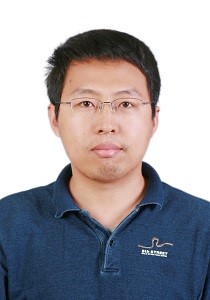 Xiao-Hui Bao Xiao-Hui Bao
Professor, University of Science and Technology of China (USTC)
Dr. Bao got his Bachelor degree from Department of Modern Physics (University of Science and Technology of China) in 2004. He obtained his PhD degree from Department of Physics and Astronomy (University of Heidelberg) in 2010. In 2013 he was selected by the Recruitment Program of Global Experts of China as a member of the “Youth Thousand Talent Plan” and then appointed as a professor in University of Science and Technology of China. Dr. Bao performs experimental research in the area of quantum repeater and quantum networks. In his research, laser-cooled atomic ensembles are employed as stationary quantum memories, and photons are employed as flying qubits, which in together provides a promising solution for scalable quantum communication over ultra-long distance and over large number of quantum nodes. Some recent representative scientific contributions include the achievement of hybrid entanglement of three quantum memories with three single photons, efficient quantum memory with sub-second lifetime, creation of multiple collective excitations via Rydberg blockade and the realization of HOM interference, operation of spin echo for an ensemble memory at single-quanta level, generation of highly retrievable atom-photon entanglement, etc. |
|---|
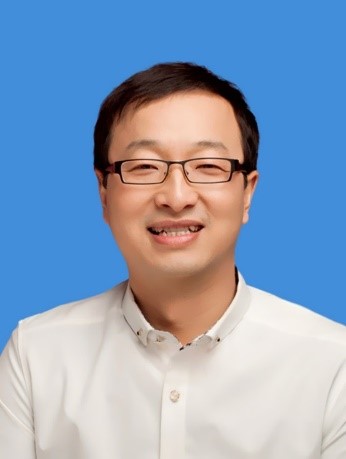 Kai Chen Kai Chen
Professor, University of Science and Technology of China (USTC )
Kai Chen, currently a professor working at the University of Science and Technology of China (USTC). After finishing his PhD program at the Northwestern University, P.R. China, he has undertaken his postdoctoral research successively at the Institute of Physics, Chinese Academy of Sciences, and at the Department of Physics, University of Toronto. He has also been a Humboldt Research Fellow at the University of Bonn, Germany, and a postdoctoral fellow and Marie Curie postdoctoral scholar at the Institute of Physics, University of Heidelberg, Germany. His main research interests include theoretical and experimental quantum communication, as well as quantum information processing. Chen’s group attempts to carry out in-depth study and exploration of multi-photon manipulation and application in optical quantum information processing, quantum information theory, nonlocality, as well as characterization of quantum correlations and their applications. In terms of quantum communication technology, Chen’s group is focus on research of achieving for longer distance communication, higher communication speed, better stability and reliability in real-life situation, and with guarantee of communication security. Particularly Chen’s group is dedicated to research of new communication schemes and related key technologies under the goal of pushing forward practical and network-based development of quantum communication. He has published more than 40 papers in high-profile domestic and international journals. Currently, Chen is also a reviewer for many physics journals such as Nature Photonics, Nature Communications, Physical Review Letters, Physical Review X, Physical Review A, New Journal of Physics, Journal of Physics A, Journal of Physics B, etc. |
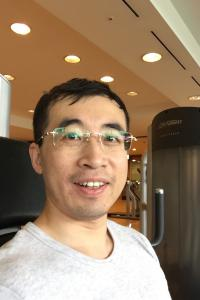 Shuai Chen Shuai Chen
Professor, Hefei National Laboratory for Physical Sciences, USTC
Shuai Chen (born Nov. 1975), is professor at Hefei National Laboratory for Physical Sciences at the Microscale, USTC. He was selected in the project of "Hundred Talents Program of Chinese Academy of Sciences" (2009). He received his BS degree from Jilin University in July 1997 and his PhD. from Peking University January 2005. He worked as a postdoc in the cold atom physics and quantum information research group of Physics Research Institute in Heidelberg University from February 2005 to January 2009. From 2009, he is professor at USTC. Prof. Shuai has published more than 20 papers, including Science (1)、Nature (1)、Nature Physics(3)、Nature Photonics (1) Physical Review Letters (6). His work was selected in 2009 China's Top 10 Science &Technology News. He is PI for Quantum Simulation with Ultra-Cold Atoms Research, which is funded by Ministry of Science and Technology of China with Fundamental Research Program. His current interests include Quantum Simulation and high precision measurement with Ultra-Cold Atoms, especially spin-orbit couplings induced artificial gauge field, synthesis of topological quantum state and portable atom interferometer. |
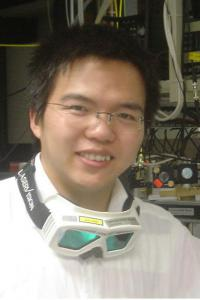 Yuao Chen Yuao Chen
Professor, USTC
Chen Yu'ao is a professor of physics at the University of Science and Technology of China (USTC), working on quantum information, quantum communication and quantum simulation. He was the winner of the Gold Medal and First prize in the experimental competition at the 29th International Physics Olympiad in 1998. He also won the Fresnel Prize for Fundamental Aspects in 2013. As a member of Pan Jianwei's team, he won the 2015 State Nature Science First Class Award.
|
 Shuming Cheng Shuming Cheng
Research Fellow, Institute of Quamtum Computing, Baidu Research
Shuming Cheng is currently working as a research fellow in the Institute for Quantum Computing, Baidu Research. He obtained his first PhD on the quantum system theory from Academy of Mathematics and Systems Science, Chinese Academy of Sciences in 2017 and then the second related to quantum information field from Griffith University in 2018. Before joining Baidu, he was a visiting scholar at University of Science and Technology of China. His research interest mainly covers the distributed quantum resources in quantum network and near-future applications of quantum algorithms.
|
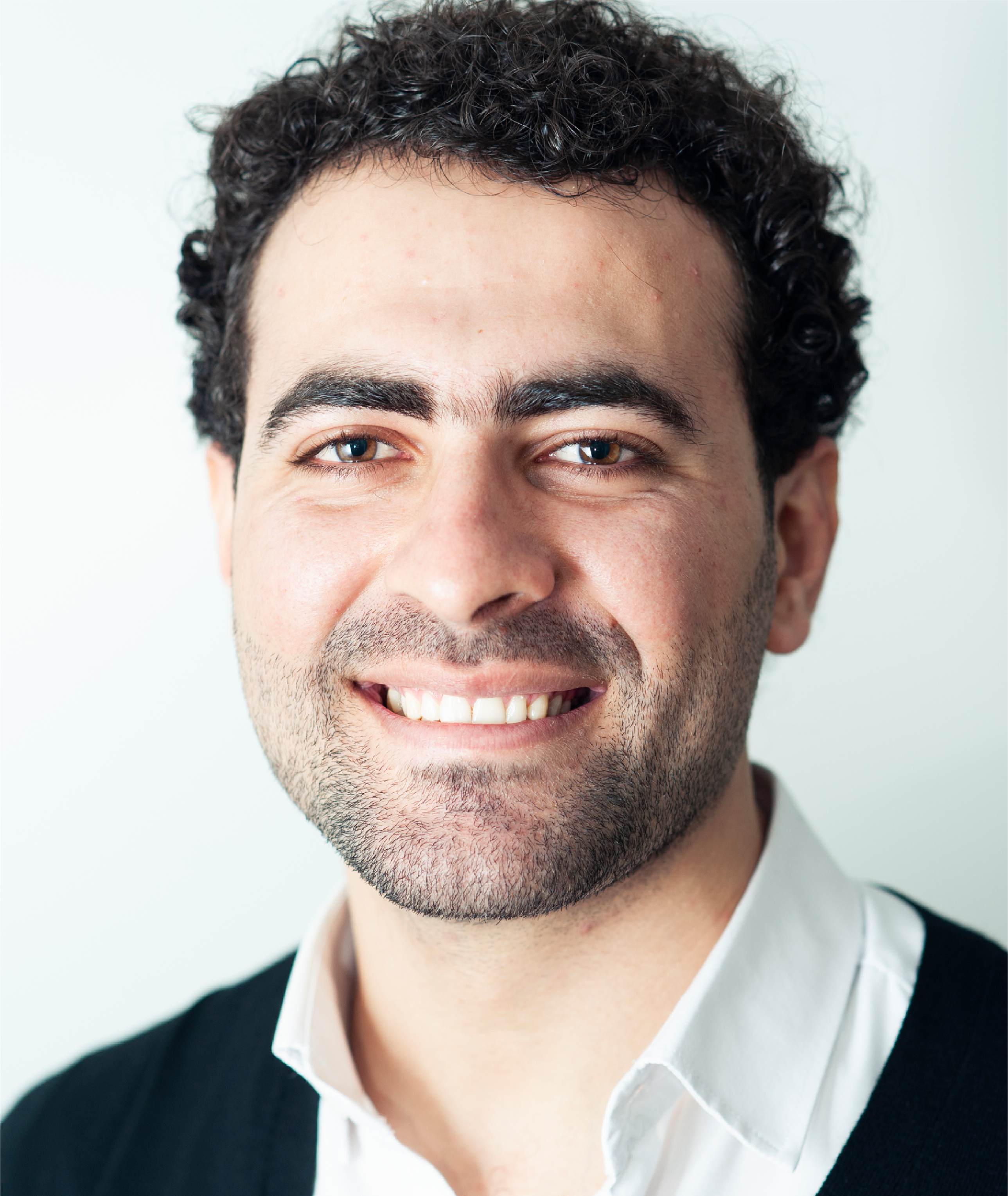 Oday Darwich Oday Darwich
R&D Innovation Engineer, University of Geneva /CERN
Oday Darwich is the founder of The Quantum Future, an initiative started at CERN to gather experts from various scientific communities, including CERN, and industry, to frame quantum challenges for global interdisciplinary student programs. The program aims to innovate, explore and develop emerging technologies as well as empower young talents and encourage them to be leading developers in the field of quantum technologies. He has been working in innovation between CERN IdeaSquare and University of Geneva, focusing on the overlap of innovation and deep tech. He believes that we are essentially social creatures, and that we achieve our greatest aspirations when we work together not as individuals, co-petition not competition. |
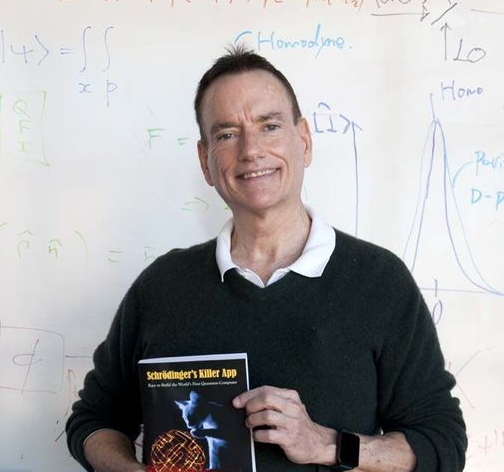 Jonathan P. Dowling Jonathan P. Dowling
Co-Director, Horace Hearne Institute for Theoretical Physics, Louisiana State University
Jonathan P. Dowling is the Hearne Chair Professor of Theoretical Physics and Co-Director of the Hearne Institute for Theoretical Physics, Department of Physics and Astronomy, Louisiana State University, Baton Rouge, Louisiana. Prof. Dowling received his BS in Physics (with honors) from the University of Texas at Austin (1977). He then received his MS in Applied Mathematics (1981), MS in Physics (1984), and PhD in Mathematical Physics (1988), all from the University of Colorado at Boulder. He was a Visiting Research Scientist at the International Center for Theoretical Physics in Trieste, Italy (1986–1987); a Visiting Research Scientist at the Max Planck Institute for Quantum Optics in Garching, Germany (1989–1990); and a National Research Council Research Associate in the Optical Science & Technology group at Army Aviation and Missile Command (AMCOM), Huntsville, Alabama (1990–1994). He then took a post as Research Physicist at AMCOM (1994–1998), before leaving to take a position as Research Scientist at the Senior Level in the Quantum Computing Technologies Group at JPL, where he was eventually promoted to Group Supervisor & Principal Scientist (1998–2004), before to taking his current posts in Louisiana (2004-Present). Dowling has over 125 published articles, with a an h-index of over 37, and he holds eight US patents in the fields of nonlinear and quantum optics. He is a Fellow of the American Association for the Advancement of Science, a Fellow of the American Physical Society, a Fellow of the Institute of Physics, and a Fellow of Optical Society of America, and has served on the editorial board of Physical Review, the Journal of the European Optical Society, Concepts of Physics and Crystals. He has been awarded the Willis E. Lamb Medal for Laser Science and Quantum Optics (2002), the US Army Research and Development Achievement Award (1996), the NASA Space Act Award (2002), and was runner up for the Discover Magazine Technology of the Year Award (2001). |
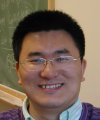 Runyao Duan
Runyao Duan
Director, Centre for Quantum Software and Information, University of Technology Sydney (UTS)
Runyao Duan obtained his Ph.D. in Computer Science in July 2006, from Tsinghua University, Beijing, China. His dissertation entitled “Quantum Entanglement Transformation and Quantum Operation Discrimination”, was supervised by Professor Mingsheng Ying. He obtained his Bachelors in Computer Science, in July 2002, Department of Computer Science and Technology,from Tsinghua University, Beijing 100084, China. His main areas of research are:
-Quantum information theory
-Quantum state/operation discrimination
-Quantum zero-error information theory
- Measurement-based quantum computation
The Baidu Quantum Computing Institute will be headed by Professor Duan Runyao, director of the Centre for Quantum Software and Information at the University of Technology Sydney (UTS). |
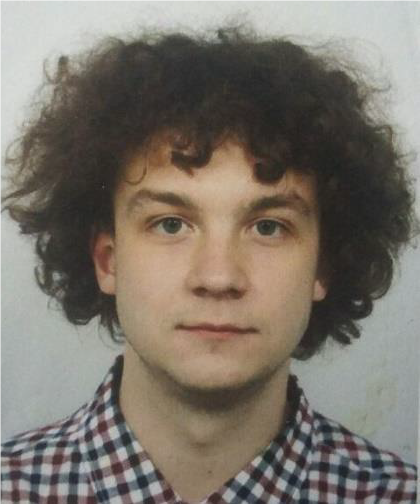
Vladimir Egorov Senior Researcher, Quanttelecom LLC, Russia
Dr. Egorov is a member of Quantum information lab at ITMO University, St. Petersburg, Russia. In the last five years he has worked on launching metropolitan area quantum networks in several Russian cities: Saint Petersburg, Kazan and Samara. He also holds the position of senior researcher at Quanttelecom LLC, one of the leading QKD manufacturers in Russia. Dr. Egorov participates in QKD standardization groups on the national level. His current research interests include practical quantum networking, and quantum hacking. |
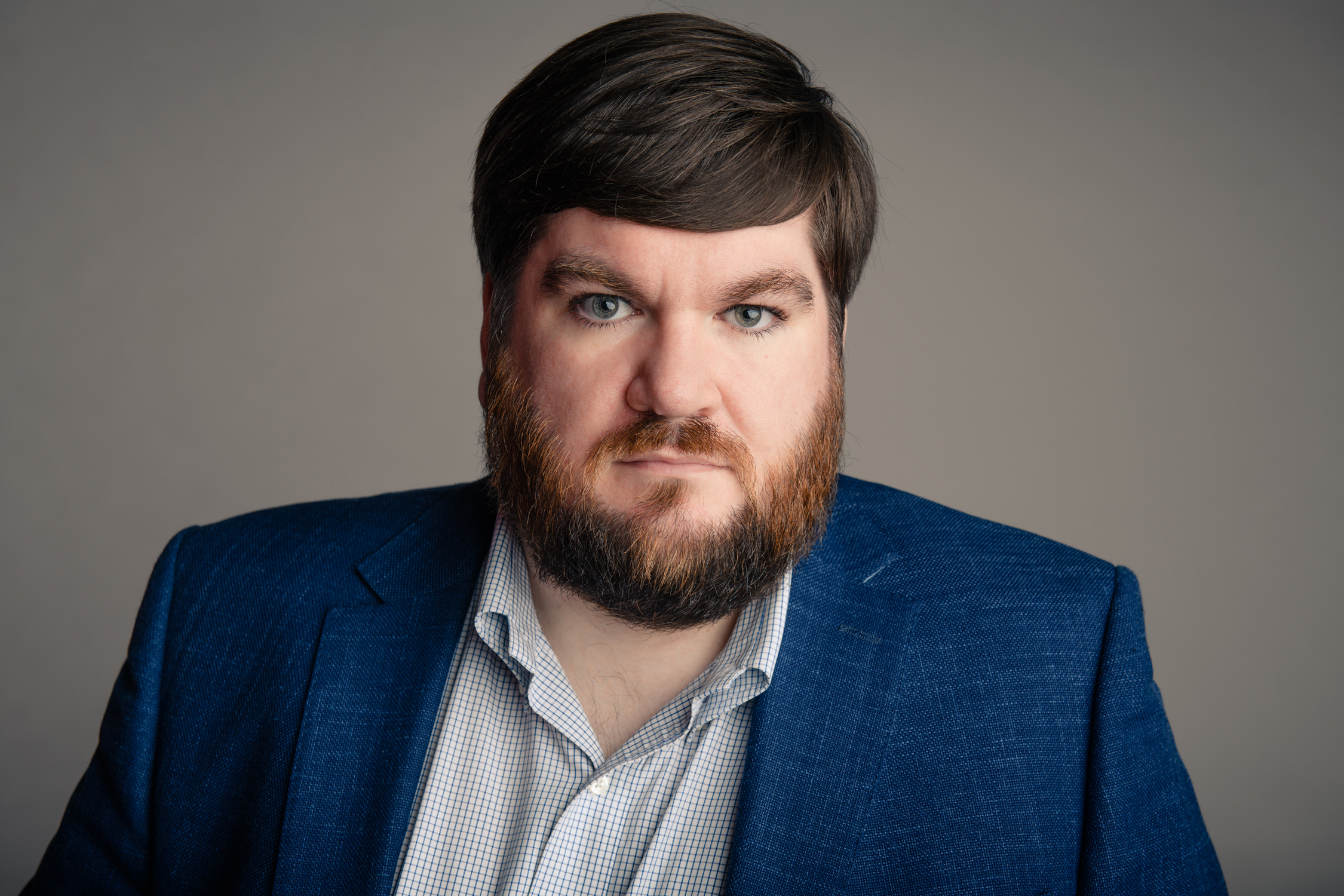 Joseph Fitzimons Joseph Fitzimons
CEO, Quantum Horizon Computing, Singapore
Joe Fitzsimons is currently the Chief Executive Officer of Horizon Quantum Computing. Joe received a BSc in theoretical physics from University College Dublin and a DPhil from the University of Oxford, where he went on to become a Merton College junior research fellow. Prior to joining Horizon on a full time basis, Joe was a principal investigator at the Centre For Quantum Technologies at the National University of Singapore, and a tenured associate professor and National Research Foundation Fellow at Singapore University of Technology and Design. |
 Lawrence Gasman Lawrence Gasman
Inside Quantum Technology
Lawrence Gasman founded Inside Quantum Technology, in 2018 with the backing of 3DR Holdings. He has founded three other industry analysis companies and has authored reports on a wide variety of novel technologies including sensors and telecommunications/data communications. Lawrence has carried out a wide range of consulting assignments on technology assessment and market sizing and has written numerous articles and books on advanced technology commercialization. He has been a speaker at the Q2B quantum computing conference and will be addressing an International Telecommunications Union meeting on quantum networking later in 2019. |
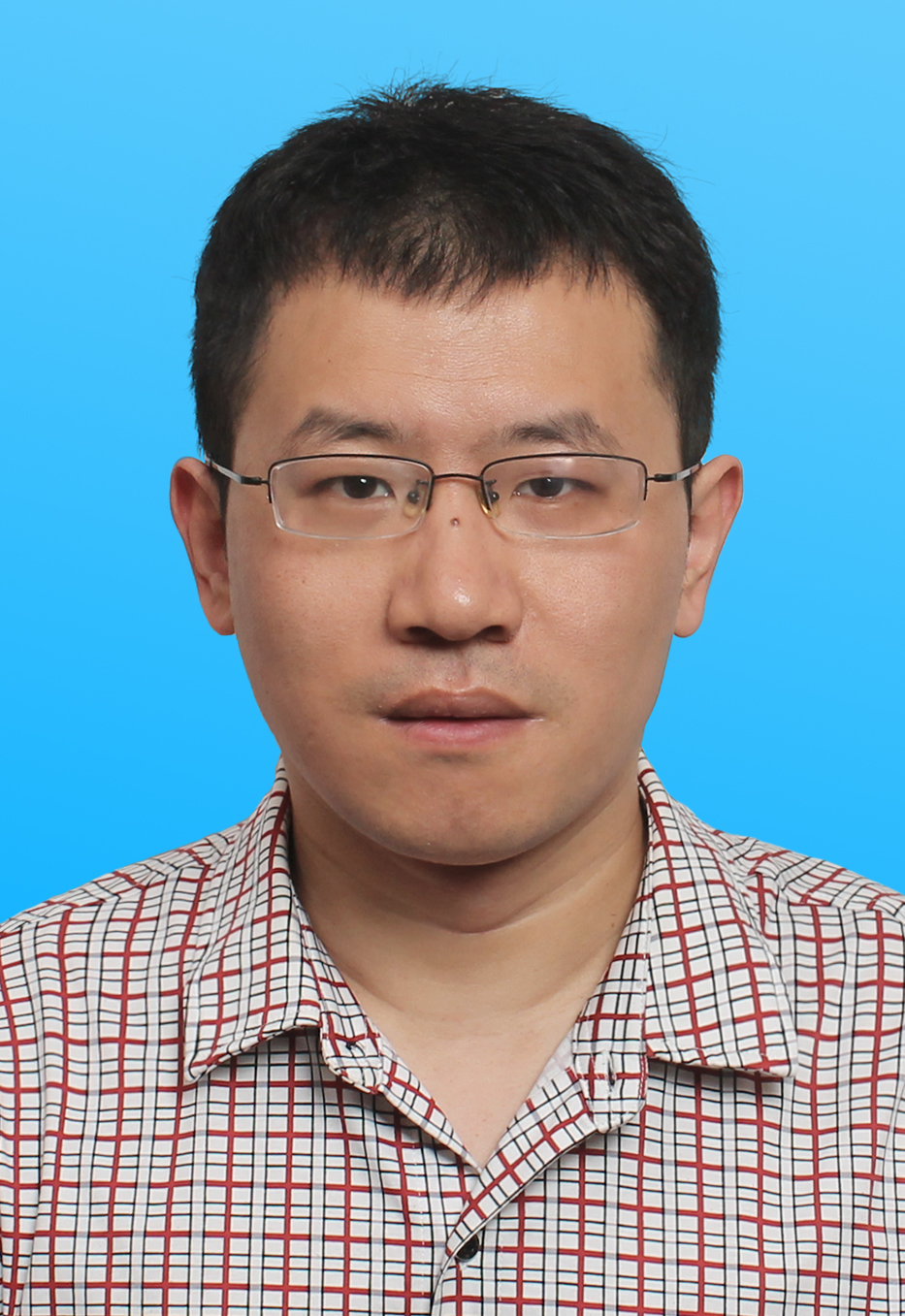 Yonghe Guo Yonghe Guo
Senior R&D Engineer, State Grid Information & Telecommunication, China
Dr. Yonghe Guo received the Ph.D degree in Electrical Engineering from Michigan Technological University in 2015. Then he joined the State Grid Information & Communication Branch as a post-doctral research fellow. He is currently a senior R&D engineer in the electrical power information & communication system operational technology lab of the State Grid. His research interests include information system cybersecurity and cryptography. |
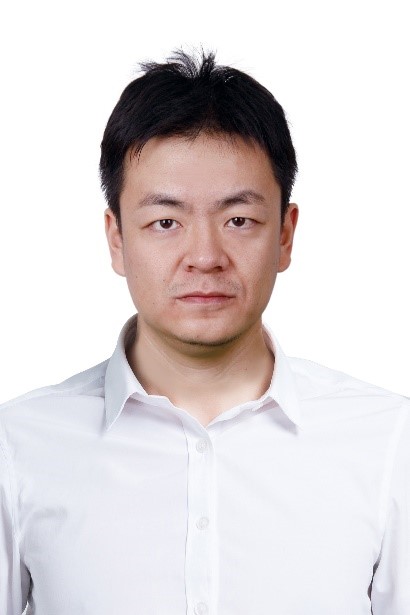 Qiang Huang Qiang Huang
Technical Director, Quantum Business Unit, Digital China Information Service Company Ltd
Dr. Qiang Huang, technical director of Quantum Business Unit of Digital China Information Service Company Ltd, has over 15 years’ professional experiences in information security. His developing career and research interests mainly focus on quantum communication, security model, cipher engineering, security management and trusted computing. He published over 20 thesis and firstly proposed the concepts of distributed trusted computing base and baseline of trust. He received 7 Chinese provincial and ministerial level technical rewards for the contributions in national defense and finance field |
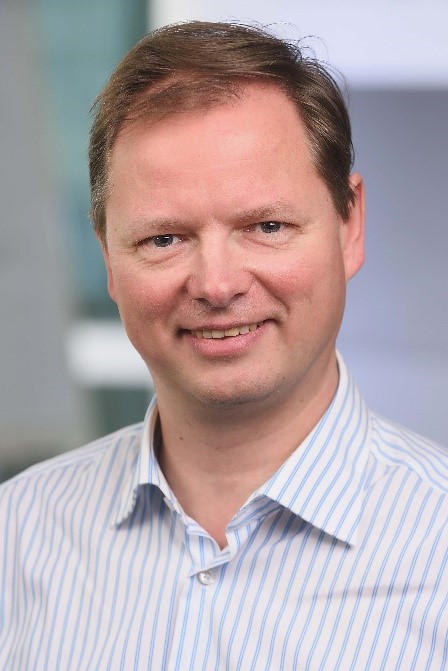 Hannes Huebel Hannes Huebel
Scientist, Austrian Institute of Technology (AIT), Austria.
Hannes Huebel obtained his PhD in 2004 from Queen Mary, University of London, UK. In the same year he joined the quantum information group at the University of Vienna, headed by Anton Zeilinger, to work on QKD. In 2008, he presented the first realization of a fully automated QKD system based on entanglement. He then worked as a post-doctoral researcher at the University of Waterloo, Canada, focusing on experimental demonstrations of multipartite entanglement. In 2010, he became assistant professor at the University of Stockholm, Sweden. Since 2015, he leads the experimental QKD development at the AIT Austrian Institute of Technology in Vienna, Austria. He is currently coordinating the QT flagship project “UNIQORN". |
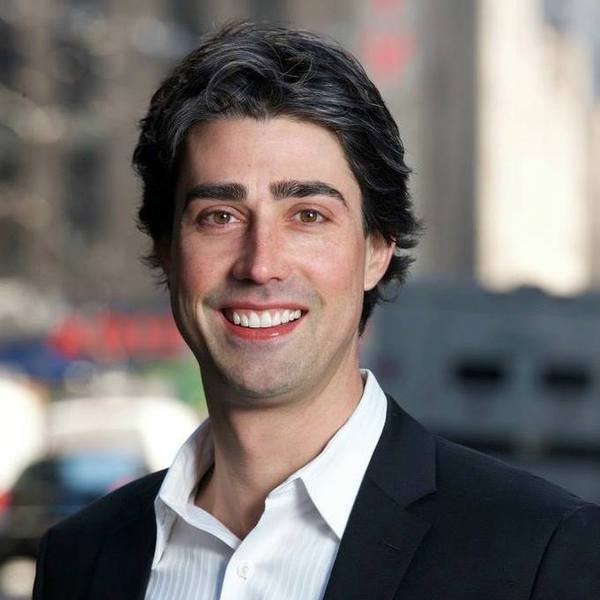 Mark Jackson Mark Jackson
Scientific, Lead of Business Development, Cambridge Quantum Computing
Dr. Mark Jackson is the Scientific Lead of Business Development at Cambridge Quantum Computing. He received his Ph.D. in Theoretical Physics from Columbia University. He then spent 10 years researching superstring theory and cosmology, co-authoring almost 40 technical articles. To promote the public understanding of science, he founded the science crowdfunding platform Fiat Physica and non-profit Science Partnership Fund. He is Adjunct Faculty at Singularity University and a Director of the BoldlyGo Institute. |
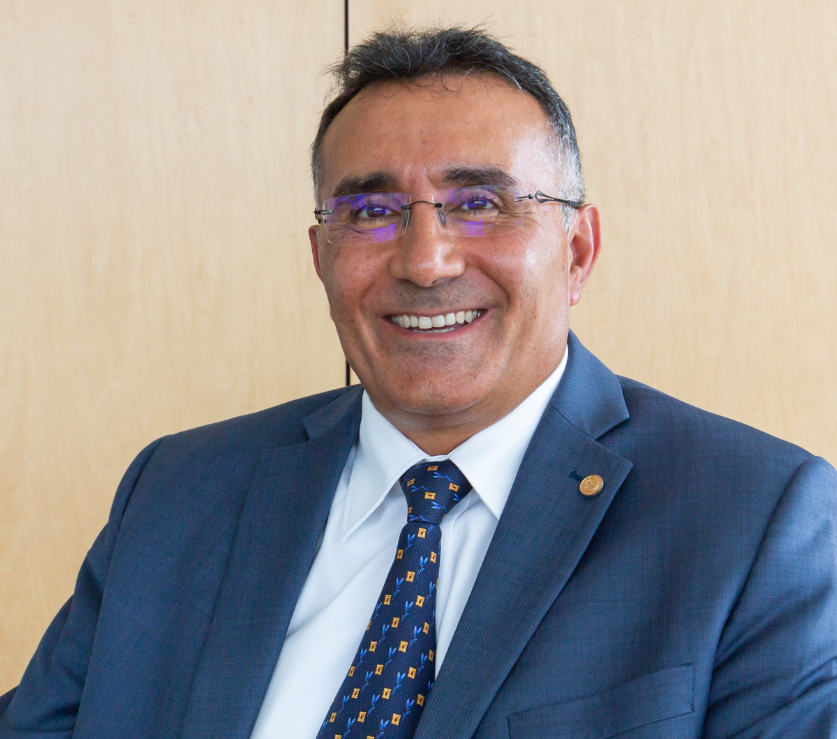 Bilel Jamoussi Bilel Jamoussi
Chief of Study Group Department, TSB, ITU
Tunisian born, Dr. Bilel Jamoussi is Chief of the Study Groups Department of ITU Standardization Bureau in Geneva Switzerland. Since 2010, he has been leading the bureau’s standards making activities into a new era characterized by rapid convergence and the need for increased collaboration with vertical sectors and partnership between developed and developing countries. Prior to 2010, Jamoussi worked for a Telecommunication equipment and solutions provider for 15 years in Canada and then in the United States where he held several leadership positions and was granted 22 US patents in diverse areas including packet, optical, wireless, and quality of service. He holds a BSc, MSc and PhD degrees in Computer Engineering from the Pennsylvania State University, USA. He is fluent in Arabic, French, and English and speaks some Spanish and German |
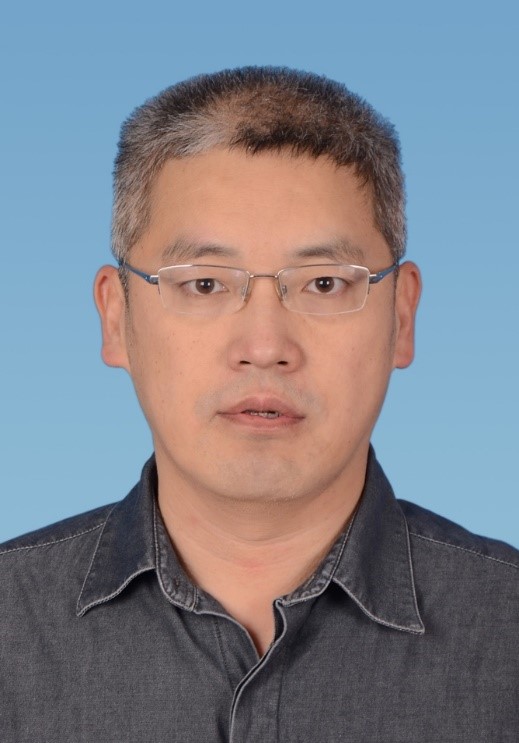 Haifeng Jiang
Haifeng Jiang
Professor, National Time Service Center (NTSC)
Haifeng Jiang, Professor of National Time Service Center (NTSC) of Chinese Academy of Sciences (CAS), received the B.S. degree from Harbin University of Science and Technology in 1995, and got the M.S. and the Ph.D. degree from Shanghai Institute of Applied Physics (CAS) and University Paris-13 in 2003 and 2010 respectively. He started his research on time and frequency techniques at Shanghai Institute of Optics and fine Mechanics (CAS) in 2003. He moved to NTSC as an associate professor in 2005, and worked as a visiting scientist at the Paris Observatory from 2007 to 2010 and at the National Institute of Standards and Technology (Boulder) from 2011 to 2013. He came back to NTSC as a professor in 2013. Dr Jiang has focused on research and development of frequency metrology instruments for 15 years. He has developed ultra-stable laser sources with frequency instability of E-16 and sub-hertz linewidth, optical frequency combs with in-loop frequency instability of E-18@1s, ultra-stable photonic microwave source with frequency instability of E-15@1s. He has transferred optical frequency signal via hundreds kilometer commercial fiber networks with frequency instability at E-20 level for 10,000 second integration time. He has published 30+ articles in peer-reviewed journals and held 1 Europe patent and a few Chinese patents. The instruments he developed have successfully employed in various applications, such as: precision laser spectroscopy, laser ranging and atomic frequency standards. He was rated “Excellent” in the CAS Hundred-Talent Program and supported by the National Science Fund for Distinguished Young Scholars in 2018. |
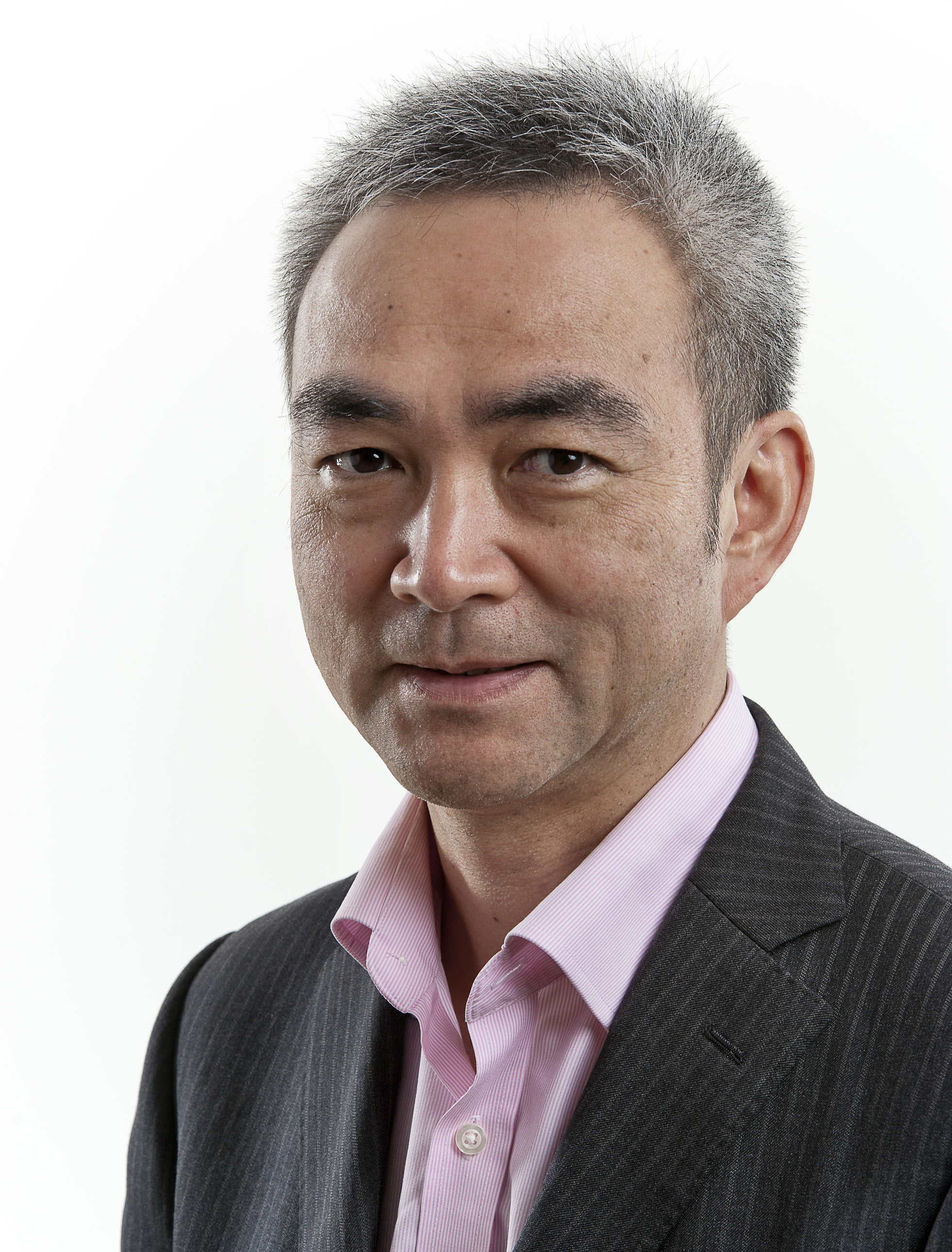 Kaoru Kenyoshi Kaoru Kenyoshi
NICT
Kenyoshi has long experiences of developing software and system of telecom network in NEC Corporation for 30 years. And he worked as the ITU-T SG11 vice chair since 2009 to 2016 and as the ETSI board member since 2012 to 2017. He is a chair of SG11 WP3 since 2017 to 2020 and has a responsibility to promote WTSA Resolution 76, 96 and 97. Since April 2018, he is a councillor of National Institute of Information and Communications Technology and works for standardization of ICT and promotion of innovation. |
|---|
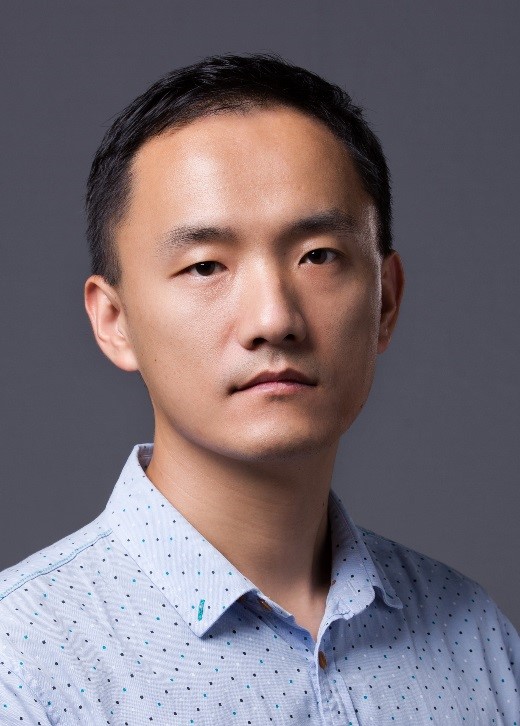 Junsen Lai Junsen Lai
Senior Engineer, China Academy of Information and Communication Technology (CAICT)
Junsen Lai received the Ph.D. degrees in physical electronics from Beijing Institute of Technology in 2013. Now he is senior engineer at China Academy of Information and Communication Technology (CAICT), which is a scientific research institute directly under the Ministry of Industry and Information Technology (MIIT) of China. CAICT provides strong support for the industry's major strategies, plans, policies, standards, testing and certification, thus proving itself an important facilitator in the leapfrog development and innovation of China's information and communications industry. Junsen Lai is responsible for quantum key distribution (QKD) and quantum secure communication (QSC) technology research, policy consultation, standardization, and test verification. |
|---|
 Matthieu Legré Matthieu Legré
Standardization Manager, ID Quantique SA
Dr. Matthieu Legré entered IDQuantique in August 2007. As member of Strategy-&-Innovation department, he is presently in charge of standardization aspects of quantum technologies and of internal technical knowledge sharing. Before September 2018, Matthieu LEGRE was IDQ principal scientist within R&D department. In this position, he was involved within most quantum technology based products and was asked to provide technical expertise on aspects related to physics. Matthieu Legré studied Physics at Institut d’Optique, a gradute school in Paris, France. He started working on his thesis at the Group of Applied Physics (group of Prof. Nicolas Gisin), Geneva, in 2001. He worked on Optical Fibre Metrology and Quantum Physics. After getting his PhD, Matthieu Legré went on at the Group of Applied performing a two years postdoc. He managed the section of optical metrology of this group. |
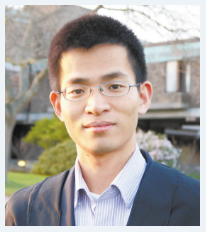 Chao-Yang Lu Chao-Yang Lu
Professor of Physics, University of Science and Technology of China (USTC )
Chao-Yang Lu obtained his Bachelor's degree from the University of Science and Technology of China in 2004, and obtained his PhD in Physics from the Cavendish Laboratory, University of Cambridge in 2011. Shortly after being a Fellow of Churchill College, he returned to China and is currently a Professor of Physics at the University of Science and Technology of China, where he focuses on research on scalable quantum photonics, quantum computation, and quantum foundations. He published more than 70 articles in Reviews of Modern Physics, Science, Nature, Nature research journals, PNAS and PRL, with 8000 citations. His work on quantum teleportation was selected as by IOP Physics World as “Breakthrough of the Year 2015". His work on single-photon source and boson sampling was selected by Optical Society of American as one of "Optics in 2016" and one of "Optics in 2017". He has been awarded Young Qianren Talent, Hong Kong Qiushi Outstanding Young Scholars, National Natural Science Fund for Exceptional Young Scholars, First-Class National Natural Science Prize, Nature's "Science Star of China", OSA Fellow, China's Youth Wusi Medal, Fresnel Prize from the European Physical Society, TR35 China, AAAS Cleveland Prize, and Huangkun Prize on Semiconductor Physics from the Chinese Physical Society. |
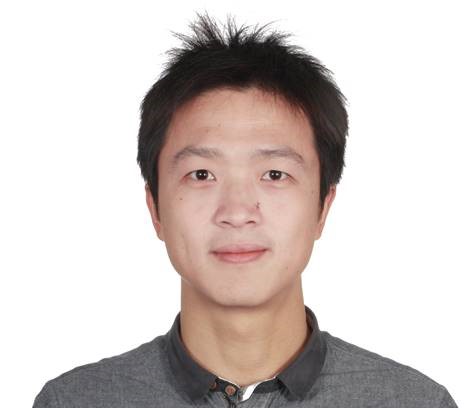 Xiongfeng Ma Xiongfeng Ma
Professor, Tsinghua University
Xiongfeng Ma’s main research interest lies on quantum information and quantum optics, particularly in quantum cryptography and correlation. Xiongfeng obtained his BSc deree at Peking University in 2003 and then his PhD degree at the University of Toronto in 2008. From 2008 to 2011, he did his post-doc and visiting positions at the University of Waterloo, the University of Toronto, and the University of Leeds. Currently, Xiongfeng is working at Tsinghua University as an associate professor. |
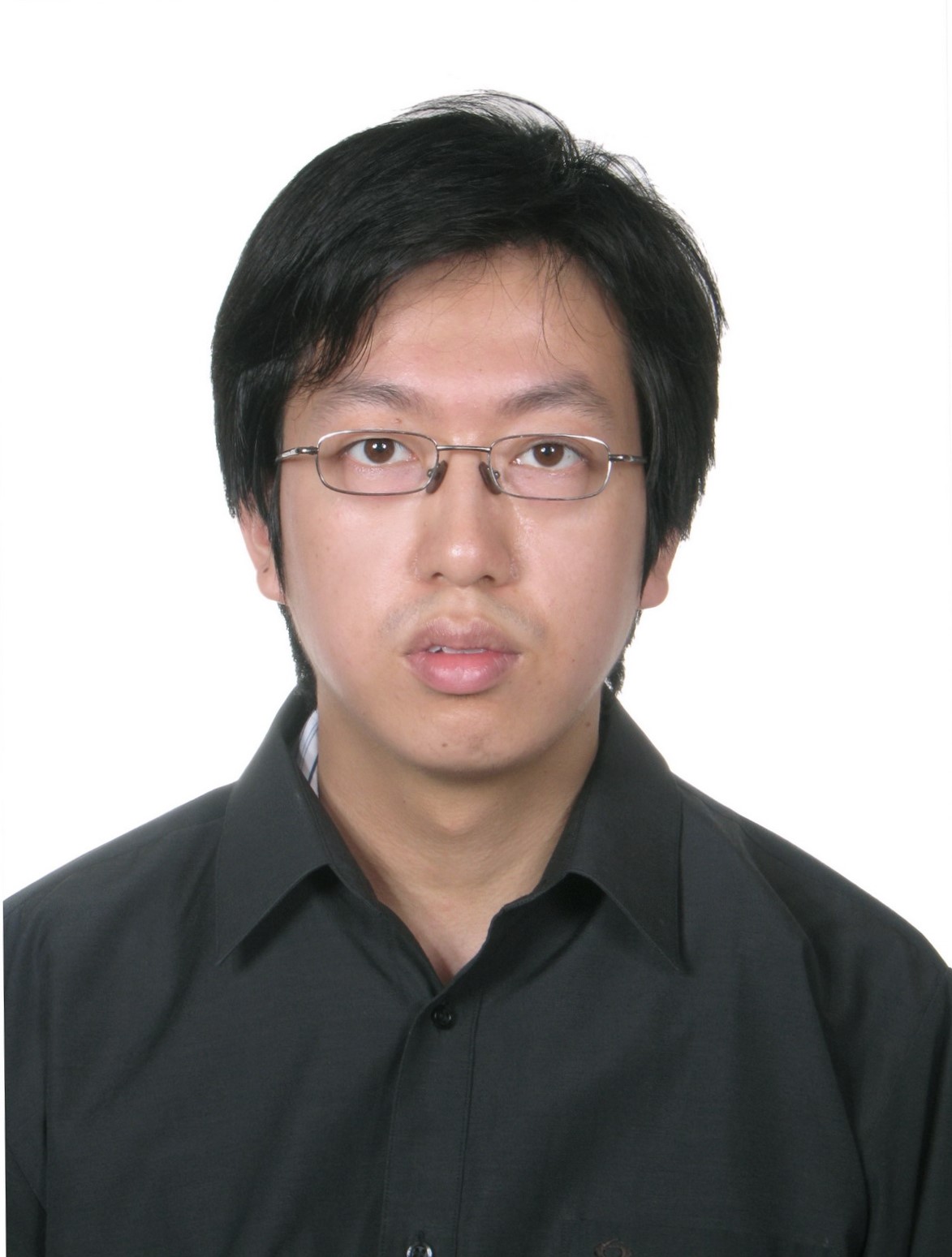 Zhangchao Ma Zhangchao Ma
Standard Director, CAS Quantum Network Co., Ltd
Zhangchao Ma is the standard director of CAS Quantum Network Co., Ltd., the vice chair of China Communications Standards Association (CCSA) Quantum Communication and Information Technology Special Task Group (ST7) quantum information processing subgroup. He is the editor of several quantum related ITU Recommendations including Y.QKDN_Arch, Y.QKDN_KM and X.sec_QKDN_km. He received the B.S. and Ph.D. degrees from the Beijing University of Posts and Telecommunications (BUPT). Previously, he was a senior manager in dept. of network construction in China Unicom Headquarters, and head of wireless standards team in China Unicom Research Institute. |
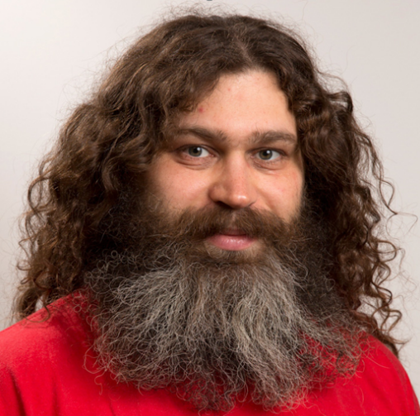 Vadim Makarov Vadim Makarov
Chief Scientist, Russian Quantum Center
Dr. Makarov is a chief scientist of the Quantum hacking lab at the Russian Quantum Center in Moscow where he tests the practical security of quantum communication systems. He finds and demonstrates loopholes created by the imperfections of practical implementations, and develops countermeasures against them. He is the best-known quantum hacker. He has been trying (with sometimes too much success for our taste!) to find side-channel attacks on QKD protocols, and has been collaborating with industry partners to improve the QKD systems as a result.
|
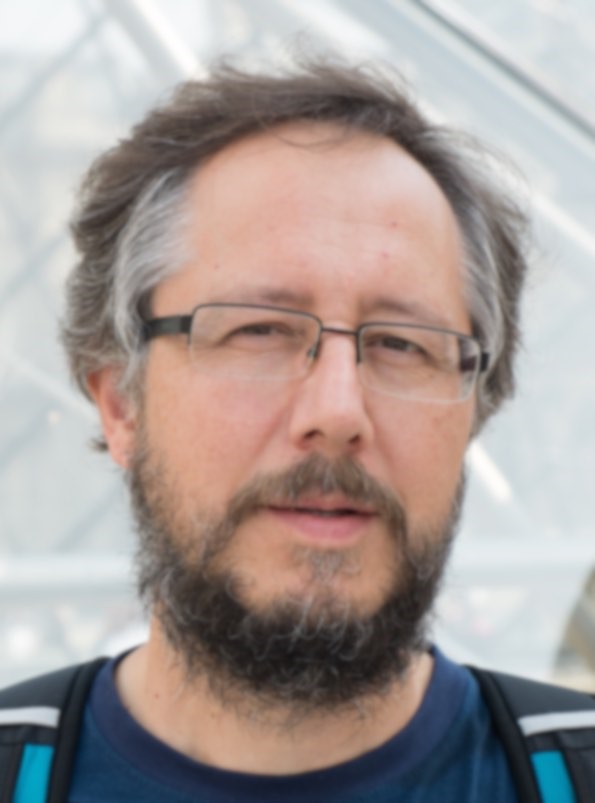 Vicente Martin Vicente Martin
Universidad Politécnica de Madrid
Prof. Vicente Martin: Full Professor of Computational Science at the Technical University of Madrid (UPM). His main research interests are computational sciences, high performance computing -including visualization and distributed infrastructures- and quantum information, in particular the integration of Quantum Key Distribution (QKD) in communications networks. He was a member of the foundational committee of the “Specialized Group in Quantum Information and Computing" of the Spanish Royal Society of Physics and of the Quantum Industry Specification Group (ISG) on QKD of the European Telecommunications Standards Institute (ETSI). He has participated in more than 27 projects (including 7 in FP7 and H2020), leading 22 of them. He is currently involved in the CiViQ (Continuous Variables Quantum Communications) project, part of the EU Quantum Flagship program. He has published more than 70 papers, contributed to standards in quantum communications and been awarded 5 patents related to quantum technologies. He has also served as an external expert for several EU bodies. Currently is the director of the Center for Computaional Simulation at the UPM. |
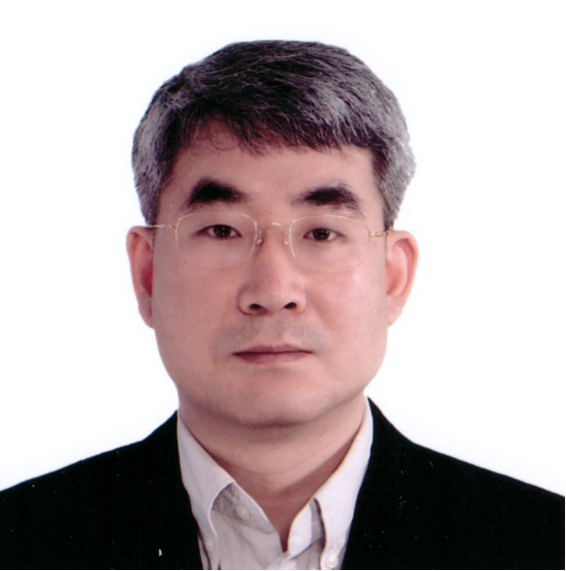 Seong Su Park
Seong Su Park
Principal Researcher, Electronics and Telecommunication Research Institute(ETRI)
Seong Su Park received his M.S. and Ph. D. degrees in materials science from Korea Advanced Institute of Science and Technology (KAIST) in 1986 and 1992 respectively. He had been in charge of developments of high speed optical communication laser diodes and wireless communication chipsets. Since 2012, he joined quantum communications and computing research areas. Now, he concentrates on making plans for quantum policies considering many conditions Korea confronted.
|
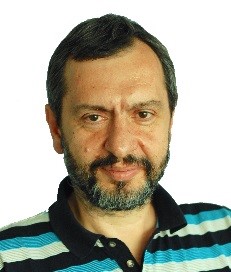 Momtchil Peev Momtchil Peev
Quantum lab, Huawei
M. Peev has studied Mathematics and Physics at the University of Sofia, Bulgaria. There he received his PhD in theoretical Solid State Physics. He has conducted research in the theory and application of symmetry methods and, specifically, group theory to solid state systems. Later he focused on research in the field of mathematical methods, related to the foundations of Quantum Mechanics, more specifically phase-space representations of low dimensional quantum systems. Since 2001 he had been responsible for Quantum Information Theory support for practical QKD, development of QKD protocols, design and development of QKD networks at AIT – Austrian Institute of Technology. He participated actively in the management team of the FP6-IP SECOQC, and led the network implementation sub-project. Subsequently he led the AIT contribution to the Tokyo Network (2010, Japan Tokyo). He coauthors more than 80 publications, many on QKD Networks and security of QKD.
Since September 2015, he is an Expert in Huawei Technologies Duesseldorf GmbH and heads the Quantum Communication Network project there. Together with his team he participated in the Telefonica-UPM-Huawei field demonstration, featuring seamless interoperation of CV QKD distribution and network management in the SDN (Software Defined Networks) paradigm. M.Peev participates also in Steering Committee of the present EU Quantum Flagship Project (CiViQ) and leads the Work Package “Specification of Networks and Systems” working in close collaboration with major European Telecommunication Operators.
M.Peev is a founding member of ETSI, ISG QKD that has been initiated in October 2008. Since December 2012 he is a vice chairman of this group (together with N. Lutkenhaus – vice-chairman, A. Hasekioglu – vice chairman and A. Shields – chairman) putting strong emphasis on the analysis and potential standardization of QKD Networks.
|
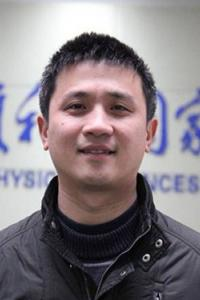 Chengzhi Peng Chengzhi Peng
Professor, University of Science and Technology of China (USTC)
Cheng-Zhi Peng is a professor of University of Science and Technology of China. Since the quantum communication experiments, Cheng-Zhi Peng has been focusing on three core issues, which are the quantum information source, transmission channel and detection. He has been done the cross-study of two different channels of quantum communication (optical fiber and free space) experiments and traditional optical technology. He made some achievements in the field of practical decoy-state quantum key distribution and quantum communication based on entanglement |
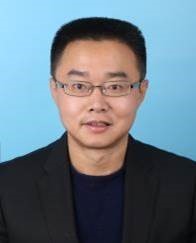 Wei Qi
Wei Qi
Chairman of CCSA Special Task Force (ST7), CEO of CAS Quantum Network Co., Ltd
Dr. Wei Qi is the Chairman of CCSA Special Task Force (ST7) on Quantum Communication and Information Technology, the CEO of CAS Quantum Network Co., Ltd, and the leader of national quantum secure communication backbone network project (Phase I). Prior to this, he held the role of the deputy secretary general of Hefei Municipal Government, the director of the Development and Planning office of USTC. Dr. Qi is working on the industrialization of quantum communication technology, and has successively promoted the establishment of the China Quantum Communications Industry Alliance and Quantum Information Association of China (QIAC). |
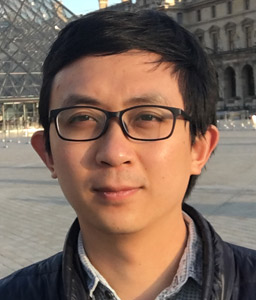 Hao Qin Hao Qin
Senior Research Scientist, CAS Quantum Network Co.
Dr. Hao Qin is a senior research scientist in CAS Quantum Network Co., Ltd. His work mainly focuses on security analysis, certifications and standardizations in quantum key distribution network. Before joining CAS Quantum Network, Hao Qin was a postdoctoral researcher in Institute for Quantum Computing, University of Waterloo, Canada during 2016-2018. He obtained his Ph.D from TELECOM ParisTech (University of Paris-Saclay) France in 2015, his M.S from TELECOM Bretagne (IMT Atlantique) France in 2011 and his B.S from Southeast University, China in 2009. Hao Qin's research interests include quantum communication with continuous variable, quantum hacking and quantum secure applications. He is fluent in Chinese, English and French. |
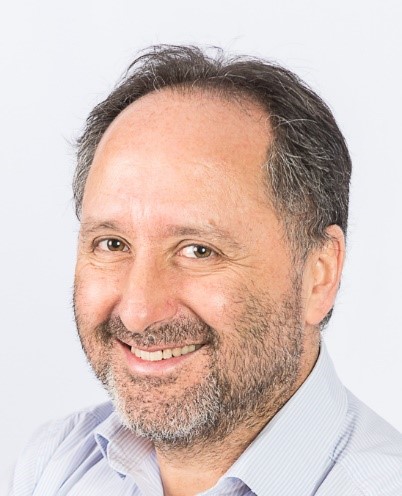 Barry Sanders Barry Sanders
Director, Institute for Quantum Science and Technology, University of Calgary
Dr Barry Sanders is Director of the Institute for Quantum Science and Technology at the University of Calgary, Lead Investigator of the Alberta Major Innovation Fund Project on Quantum Technologies, a Thousand Talents Chair at the University of Science and Technology China and a Vajra Visiting Faculty member of the Raman Research Institute in India. He received his Bachelor of Science degree from the University of Calgary in 1984 and a Diploma of Imperial College supervised by Professor Sir Thomas W. B. Kibble in 1985. He completed a PhD in 1987 at Imperial College London supervised by Professor Sir Peter Knight. His postdoctoral research was at the Australian National University, the University of Queensland and the University of Waikato. Dr. Sanders was on the Macquarie University faculty from 1991 until moving to Calgary in 2003. Dr Sanders is especially well known for seminal contributions to theories of quantum-limited measurement, highly nonclassical light, practical quantum cryptography and optical implementations of quantum information tasks. His current research interests include quantum algorithms and implementations of quantum information tasks. Dr. Sanders is a Fellow of the Institute of Physics (U.K.), the Optical Society of America, the Australian Institute of Physics, the American Physical Society and the Royal Society of Canada, and a Senior Fellow of the Canadian Institute for Advanced Research. In 2016 Sanders was awarded the Imperial College London Doctor of Science (DSc) degree. Dr Sanders is Editor-in-Chief of New Journal of Physics. |
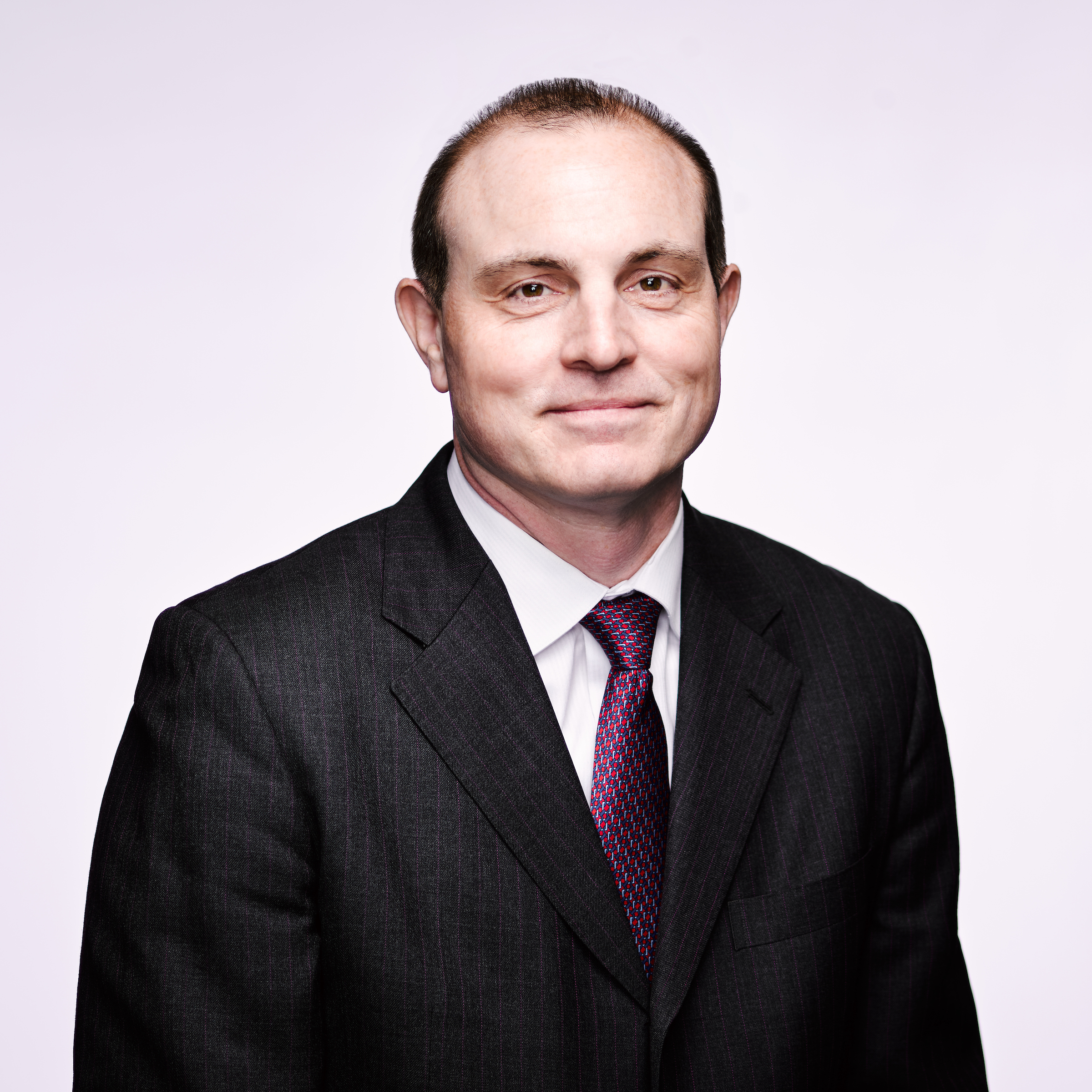 Christopher Savoie Christopher Savoie
CEO, Zapata Computing
Christopher Savoie is the CEO of Zapata Computing, a Harvard spinout quantum computing software and algorithm company funded by The Engine, the venture firm founded by MIT to invest in tough tech. Dr. Savoie is a published scholar in medicine, biochemistry and computer science and his research and business interests over the years have focused on the intersection of machine learning, biology, and chemistry. Dr. Savoie is the original inventor of AAOSA, the A.I.-based natural language interface technology that was used to develop Apple’s Siri. Dr. Savoie has led big data analytics efforts at Nissan and has previously founded and served as CEO of technology companies that have been acquired or exited via IPO. Dr. Savoie is also a licensed attorney and serves as the current Vice Chairman of the Big Data Committee of the American Bar Association. Savoie is a published legal expert on liability issues surrounding Artificial Intelligence, Big Data, Information Security and Data Privacy and has lectured and taught continuing legal education courses on these subjects. |
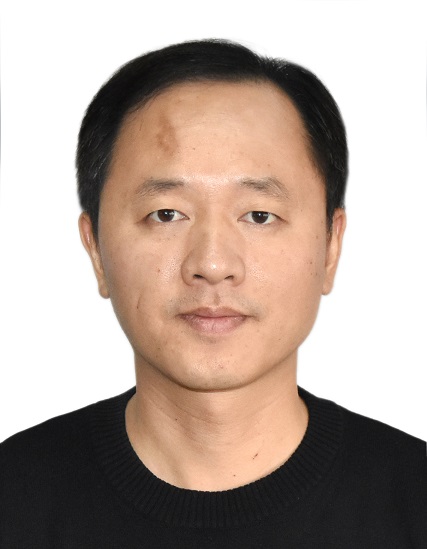 Hongsong Shi Hongsong Shi
ISO/IEC JTC 1/SC 27
Hongsong Shi as an ISO/IEC expert is recently working on the standardization of QKD technology and Common Criteria (i.e., ISO/IEC 15408). He is one of the editors of ISO/IEC 23837-2 (Test and evaluation methods of QKD) and ISO/IEC 15408-2 (Security functional components). Dr. Shi received his Ph.D. from the University of Electronic Science and Technology of China in 2010, and joined China Information Technology Security Evaluation Center (CNITSEC) afterward as a security analyst working on Common Criteria based security evaluation of IT products, especially IC chips and cryptographic modules. Hongsong’s research is mainly focusing on cryptography with computational security and information theoretic security. He was ever a visiting student in the iCore research center of University of Calgary, Canada. |
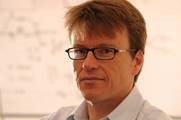 Andrew Shields Andrew Shields
Assistant Managing Director, Toshiba Research Europe
Andrew Shields FREng, FInstP leads R&D in Toshiba Research Europe on quantum technologies. According to Google Scholar, he has published over 500 research papers and patents in the field of quantum devices and systems, which have been cited over 15,000 times and has a Hirsch-index of >60. He has been involved in several large collaborative projects in Europe and is a member of the EU Strategic Research Agenda Working Group. He was a co-founder of the Industry Specification Group for QKD of ETSI, and serves currently as the Chair. In the UK, he serves on the management team of the QComm Hub and leads the AQuaSeC project developing next generation quantum communication technology. |
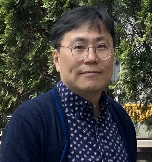 Dong-Hi Sim (a.k.a Donghee Shim) Dong-Hi Sim (a.k.a Donghee Shim)
SK Telecom
Dong-Hi Sim(a.k.a Donghee Shim) has been actively involved in the global standardization activities for more than 15 years including 3GPP, OMA, IEEE, ETSI and ITU-T. For the last 7 years, he has been with SK Telecom to research on emerging technologies to analyze future business landscapes and opportunities for strategic planning. He is now a head of Global Standards and Ecosystem Development in ICT R&D Center, SK Telecom. He has been actively contributing for Quantum Key Distribution and
Quantum Random Number Generators in ITU-T SG17. |
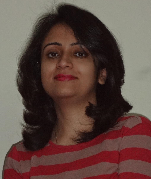 Urbasi Sinha Urbasi Sinha
Associate Professor, Light and Matter Physics group, Raman Research Institute (RRI), India
Urbasi Sinha is an Associate Professor at the Light and Matter Physics group at the Raman Research Institute (RRI) in Bangalore, India. She joined RRI in 2012 and is now heading the Quantum Information and Computing (QuIC) laboratory at RRI. The lab specializes in experiments on quantum information processing including quantum computing and quantum communication, primarily using single and entangled photons. She is also an associate faculty member at the Institute for Quantum Computing (IQC), University of Waterloo, Canada, and the Centre for Quantum Information and Quantum Control, University of Toronto, Canada. Before joining RRI, Urbasi was a post-doctoral fellow at IQC. She was involved in Quantum Optics based experiments involving production, manipulation and application of heralded single photons as well as device fabrication for solid state quantum devices based on nanowires and carbon nanotubes. One of her noted pieces of work was a novel experimental test of the Born rule for probabilities in Quantum Mechanics. Prior to her post-doctoral stint at IQC, Urbasi was a post-doctoral research associate in the Cavendish labs, Department of Physics, University of Cambridge, UK. She completed her PhD in Cambridge on experiments in high TC Superconductivity. She completed her M.Sc in Physics also from Cambridge. She has been a Gates Cambridge scholar during her Ph.D and a Nehru-Chevening scholar during her masters. During her time in Cambridge, Urbasi developed skills in thin film deposition and device fabrication using lithography, etching, milling and sputtering as well as electrical and magnetic characterization of devices. Her projects there involved a combination of theory and experiment and got her interested in multidisciplinary problems. In recognition of her scientific achievements as well as outreach activities, she was awarded the Homi Bhabha Fellowship in the year 2017, the ICTP-ICO Gallieno Denardo Award in Optics in the year 2018 and has been named as one of the Top 100 Asian Scientists in the 2019 edition of the Asian Scientist. Website: http://www.rri.res.in/~usinha/ |
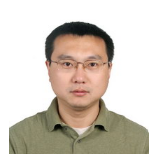 Lu Yan Sun Lu Yan Sun
Associate Professor, Institute for Interdisciplinary Information Sciences of Tsinghua University, China
Prof Lu Yan Sun obtained his Ph.D. in Physics, from the University of Maryland, College Park in 2001-2008. (Advisor: Dr. Bruce E. Kane). He was a Postdoctoral Research Associate in the University of Maryland, College Park from 2009-2009. (Dr. Bruce E. Kane). He continued as a Postdoctoral Research Associate, in Yale University from 2009-2013. (Profs. Robert Schoelkopf and Michel Devoret). Since 2013, he has been working as an Associate Professor at the Institute for Interdisciplinary Information Sciences of Tsinghua University, Beijing, China. His main arear of research interests include: quantum entanglement, quantum feedback, quantum error correction
He was awarded the "221 Basic Research Plan for Young Faculties" at Tsinghua University
Selected Publications:
- "Heisenberg limited single-mode quantum metrology,”W. Wang, Y. Wu, Y. Ma, W. Cai, L. Hu, X. Mu, Y. Xu, Zi-Jie Chen, H. Wang, Y. P. Song, H. Yuan*, C.-L. Zou*, L.-M. Duan*, and L. Sun*, arXiv:1901.09620.
-"Observation of topological magnon insulator states in a superconducting circuit,”W. Cai, J. Han, Feng Mei*, Y. Xu, Y. Ma, X. Li, H. Wang, Y. P. Song, Zheng-Yuan Xue, Zhang-qi Yin, Suotang Jia, and L. Sun*, arXiv:1901.05683.
-"Geometrically manipulating photonic schrodinger cat states and realizing cavity phase gates,”Y. Xu, W. Cai, Y. Ma, X. Mu, W. Dai, W. Wang, L. Hu, X. Li, J. Han, H.Wang, Y. Song, Z.-B. Yang*, S.-B. Zheng*, and L. Sun*, arXiv:1810.04690.
-"Learning to calibrate quantum control pulses by iterative deconvolution", X. Cao, B. Chu, H. Ding, L. Sun, Y. X. Liu, and R. Wu, arXiv:1807.01518. |
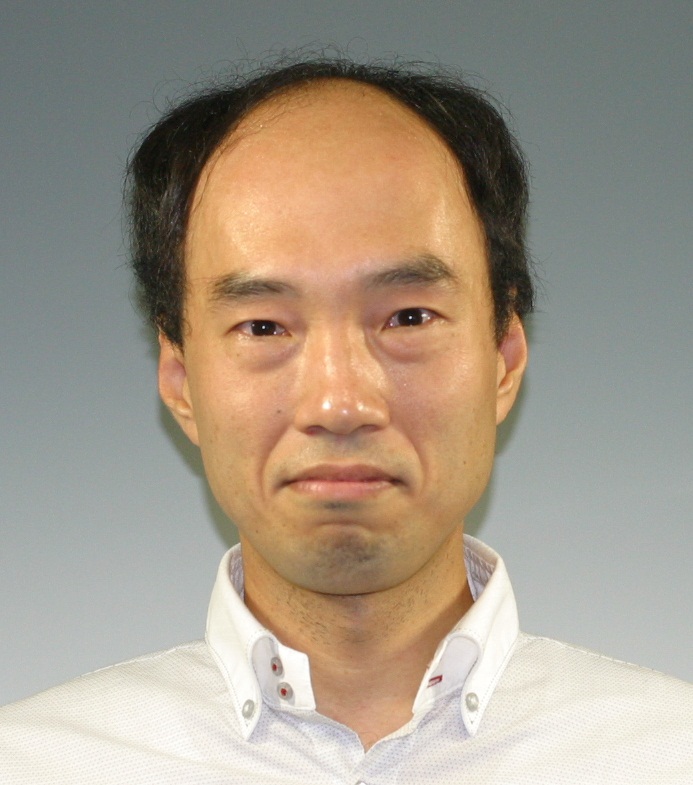 Masahiro Takeoka Masahiro Takeoka
Director, Quantum ICT Lab, NICT, Japan
Masahiro Takeoka received the Ph.D. degree in electrical engineering from Keio University, Kanagawa, Japan. He is a director of Quantum ICT Advanced Development Center in National Institute of Information and Communications Technology (NICT), Tokyo, Japan and an associate member of the Hearne Institute for Theoretical Physics, Louisiana State University, LA, USA. He received the Young Physicist's Award from the Physical Society of Japan and the Young Scientist's Prize, the Commendation for Science and Technology by the Minister of Education, Culture, Sports, Science and Technology of Japan. His current research area includes quantum cryptography, quantum information theory, and optical quantum communication and information processing. |
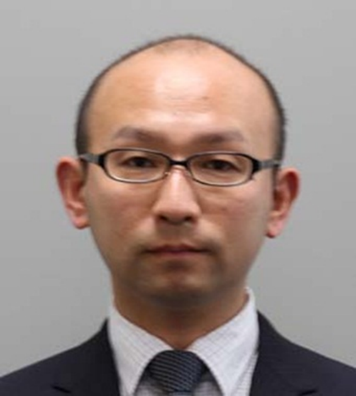 Yoshimichi Tanizawa Yoshimichi Tanizawa
Senior Research Scientist, Toshiba Corporation, Corporate Research & Development Center
Yoshimichi Tanizawa is a senior research scientist at Toshiba Corporation, Corporate Research & Development Center. He received his M.S. degree in Engineering from Keio University. His research interests include network system, network security, and QKD (quantum key distribution) system. He is currently working on QKD network system, QKD integration into applications, and QKD key management system. He is rapporteur of ETSI GS QKD 014 “Quantum Key Distribution (QKD); Protocol and data format of REST-based key delivery API” in ETSI ISG-QKD. He was a recipient of the IPSJ Best Paper Award in 2012 and the Best Paper Award at SAINT 2012. |
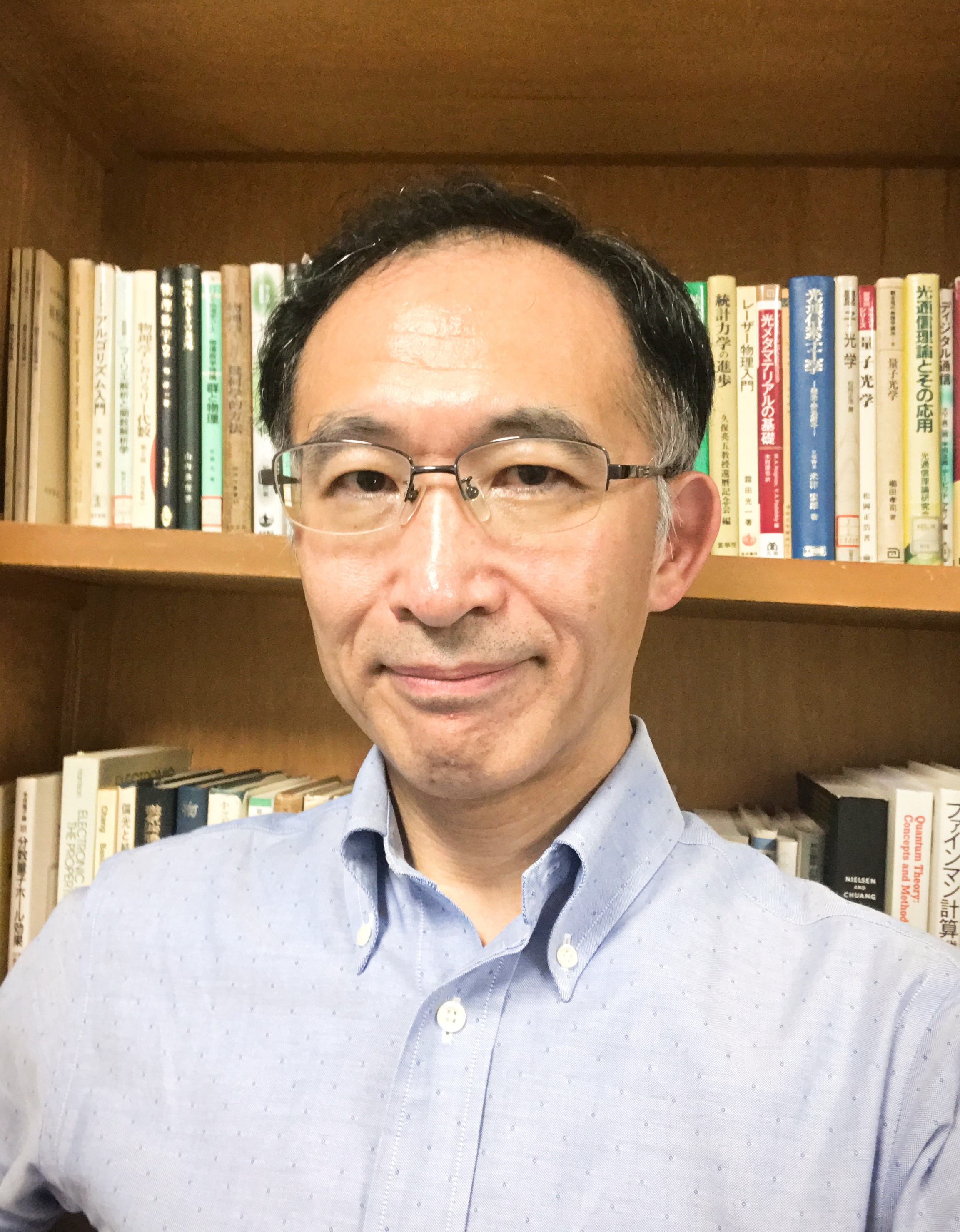 Akihisa Tomita Akihisa Tomita
Professor, Hokkaido University, Japan
Akihisa Tomita received the B.S. and M.S. degrees in physics and the Ph.D. degree in electronics from the University of Tokyo, Japan, in 1982, 1984, and 1998, respectively. He joined NEC Corporation, Japan, in 1984, where he was involved in the studies on photonic functional devices, high speed semiconductor lasers, photonic crystals, and quantum information technology. He stayed AT&T Bell Laboratories, Holmdel, from 1991 to 1992, where he studied femto-second spectroscopy on semiconductor quantum structures. He was a leader of the Experiment Group of Quantum Computation and Information Project, ERATO and ERATO-SORST, JST, from 2000 to 2010, where he conducted the research on entangled photon generation, photonic implementation of quantum information protocols, such as quantum Fourier transform and quantum leader election. Since 2010, he is a professor of the Graduate School of Information Science and Technology, Hokkaido University, Sapporo, Japan. He is currently interested in the photonic method of quantum information processing, and implementation security on quantum key distribution systems. |
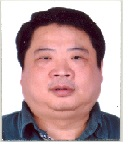 Guangquan Wang Guangquan Wang
Professor, Senior Engineer, China Unicom
Guangquan Wang is a professor senior engineer of China Unicom, focusing on the research, planning and design of telecommunication network. He has obtained one 2nd Class Prizes of the State Scientific and Technological Progress Awards, and more than 30 other national awards and ministry/province awards in China. He has also got the Winner of WSIS Prizes 2019 (catalogy 5) co-organized by ITU, UNESCO, UNDP and UNCTAD. He is now the director of network technology research department of China Unicom Network Technology Researech Institute. |
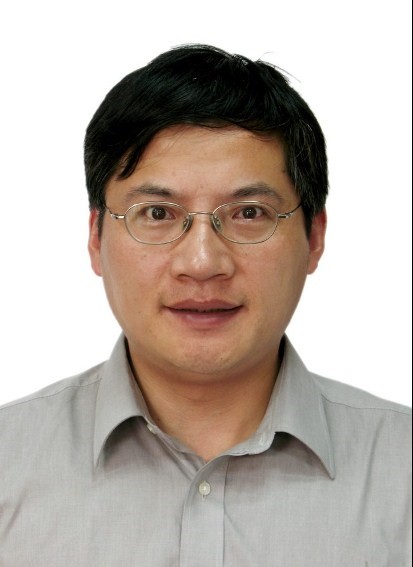 Xiangbin Wang Xiangbin Wang
Professor, Tsinghua University
Xiangbin Wang, the professor of Department of physics of Tsinghua University since 2006. In 2007, he was awarded the Outstanding Youth Science Fund of the National Natural Science Foundation of China. In 2009, he was appointed as the Distinguished Professor of Chang Jiang Scholars Program by the Ministry of Education. He is mainly engaged in theoretical research in quantum cryptography and quantum information. In 2005, he published the three-intensity decoy-state method quantum key distribution (QKD) scheme in PRL, which increased the secure distance of QKD with weak coherent source from the original 20 km to at least 120 kilometers. The three-intensity decoy-state method and its variant methods have been widely confirmed and cited by the experiment, and have been cited by others in the SCI papers such as Nature and its publications, RMP, PRL, etc. And the three-intensity decoy-state method was successfully applied to the Mozi Satellite. In 2016, he proposed the optimized four-intensity decoy-state MDI-QKD protocol. For the first time in the world, a QKD experiment against quantum hacker attacks with secure distance exceeding 400 km was realized, and the key rate was increased to a practical level. This theory was also applied and confirmed by other experimental teams. |
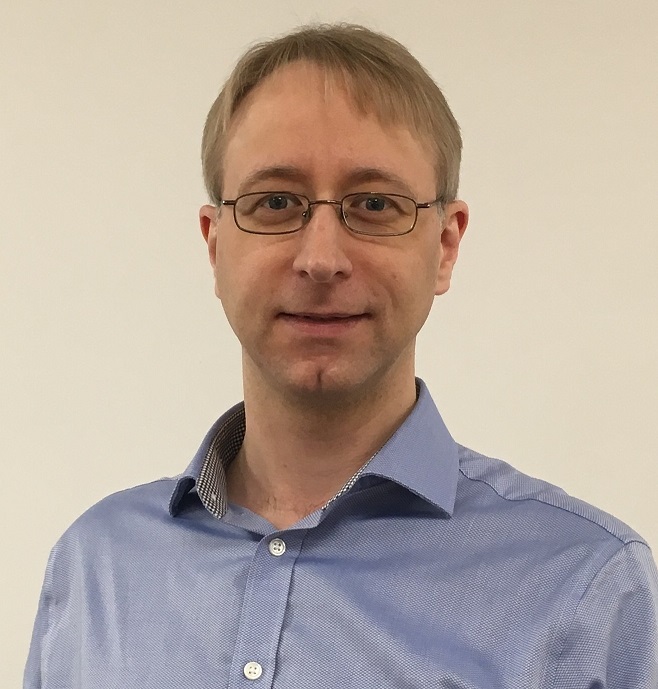 Martin Ward Martin Ward
Senior Research Scientist, Toshiba Research Europe Limited
Martin Ward is a Senior Research Scientist for Toshiba Research Europe working in their Cambridge Research Laboratory in the UK. He received a DPhil in Physics from the University of Oxford and has over 15 years of research experience on quantum photonic sources, quantum optics and quantum key distribution, including electrically driven quantum dot single photon emission and entangled photon pair sources at telecom wavelengths. He is currently Secretary of ETSI ISG QKD and is involved in QKD standards within ISO/IEC JTC 1/SC 27/WG 3, where he is a co-editor of draft ISO/IEC 23837-2, and within ITU-T SG17 and SG13. |
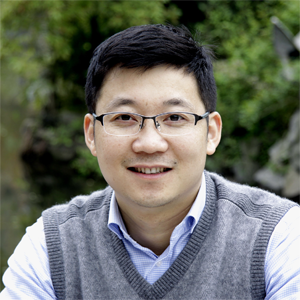 Haiyun Xia Haiyun Xia
Associate Professor, University of Science and Technology of China
Haiyun Xia received the B.S. degree in physics and M.S. degree in optics from Soochow University, China, in 2003 and 2006, respectively, and the Ph.D. degree in optoelectronics as a joint training student from the University of Ottawa and the Beijing University of Aeronautics and Astronautics, in 2011. Upon graduation, he joined University of Science and Technology of China as an associate professor. His current research interests include all-optical signal processing, ultra-short laser pulse characterization and applications to high-speed optical sensing, fiber-optic sensors and laser remote sensing |
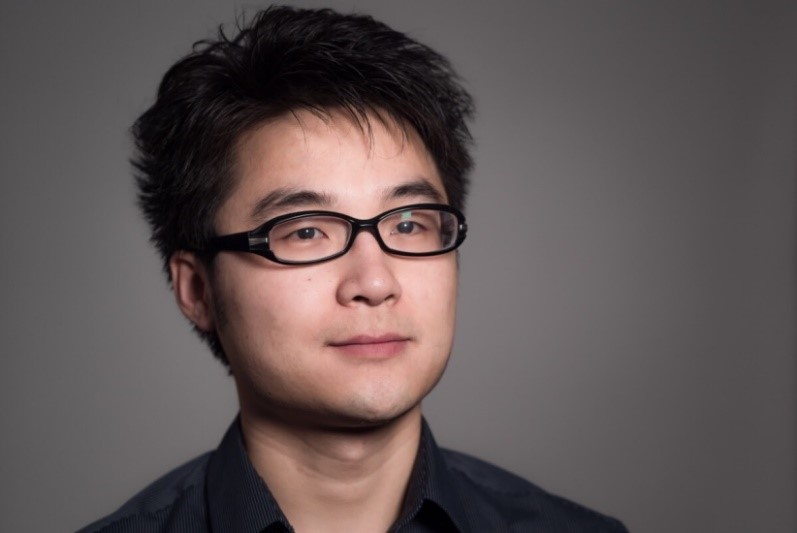 Feihu Xu
Feihu Xu
Professor, University of Science and Technology of China (USTC)
Feihu Xu is a Professor at the University of Science and Technology of China (USTC). He works on single-photon imaging and quantum information processing, and his research has been featured in major media outlets including The Economist and Nature News. He is the recipient of 1000 Young Talents Program (China), Outstanding Dissertation Award (Overseas Chinese Physicists Association), Canadian NSERC Postdoc Fellowship (ranking No. 1 in EE) and Best Paper Award in QCrypt-2014, QCrypt-2018. Before joining USTC, he was a Postdoctoral Associate at the Research Laboratory of Electronics, Massachusetts Institute of Technology (MIT) in 2015-2017. He received an M.A.Sc and Ph.D from the University of Toronto in 2011 and 2015, and a B.Sc from USTC in 2009. He works on quantum information processing and single-photon imaging. His research has been featured in major media outlets including The Economist and Nature News. He is the recipient of Thousand Young Talents of China, Thousand Talents of Shanghai, Outstanding Dissertation Award (by Overseas Chinese Physicists Association) and Best Student Paper Award in QCrypt (2014, 2018). |
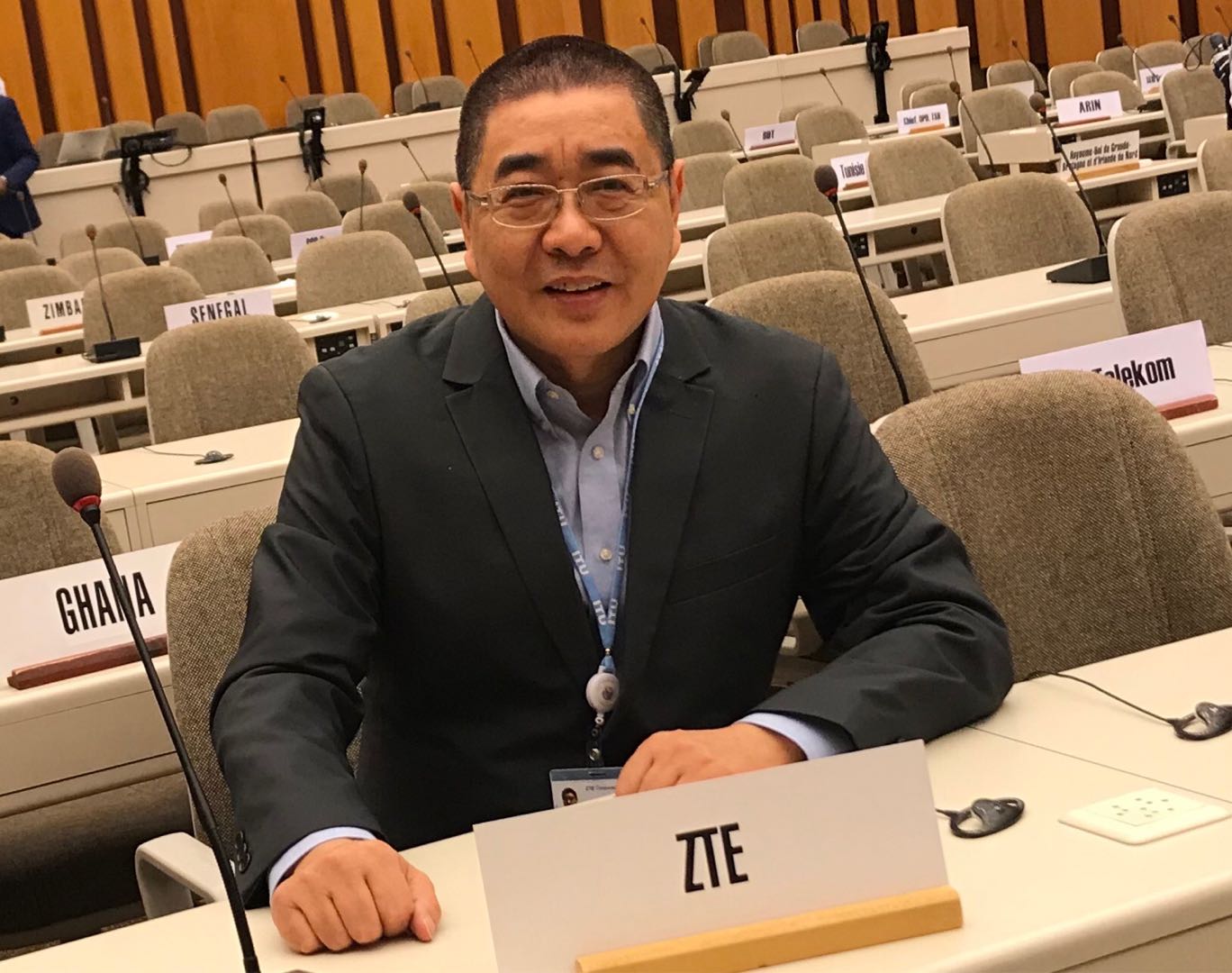 Jidong Xu Jidong Xu
Chief Engineer, Standard Strategy Director, ZTE Dr. J.D. Xu is a Chief Engineer and Standard Strategy Director of Standard Department at ZTE Corporation in Shanghai where he i s responsible for quantum communication standard. He has got Ph. D. degree from University of Stuttgart in Germany, and His research interest is multi-quantum Coherence in atomic gas. After then he worked at NRC in Canada for optical soliton and optical communication system. Dr. Xu has joined in ZTE Corp. at 2008, and worked on standard and optical access system, now he focuses on standard of emerged new technologies,especially QIT, and have interest in how QIT is co-operating with current ICT industry |
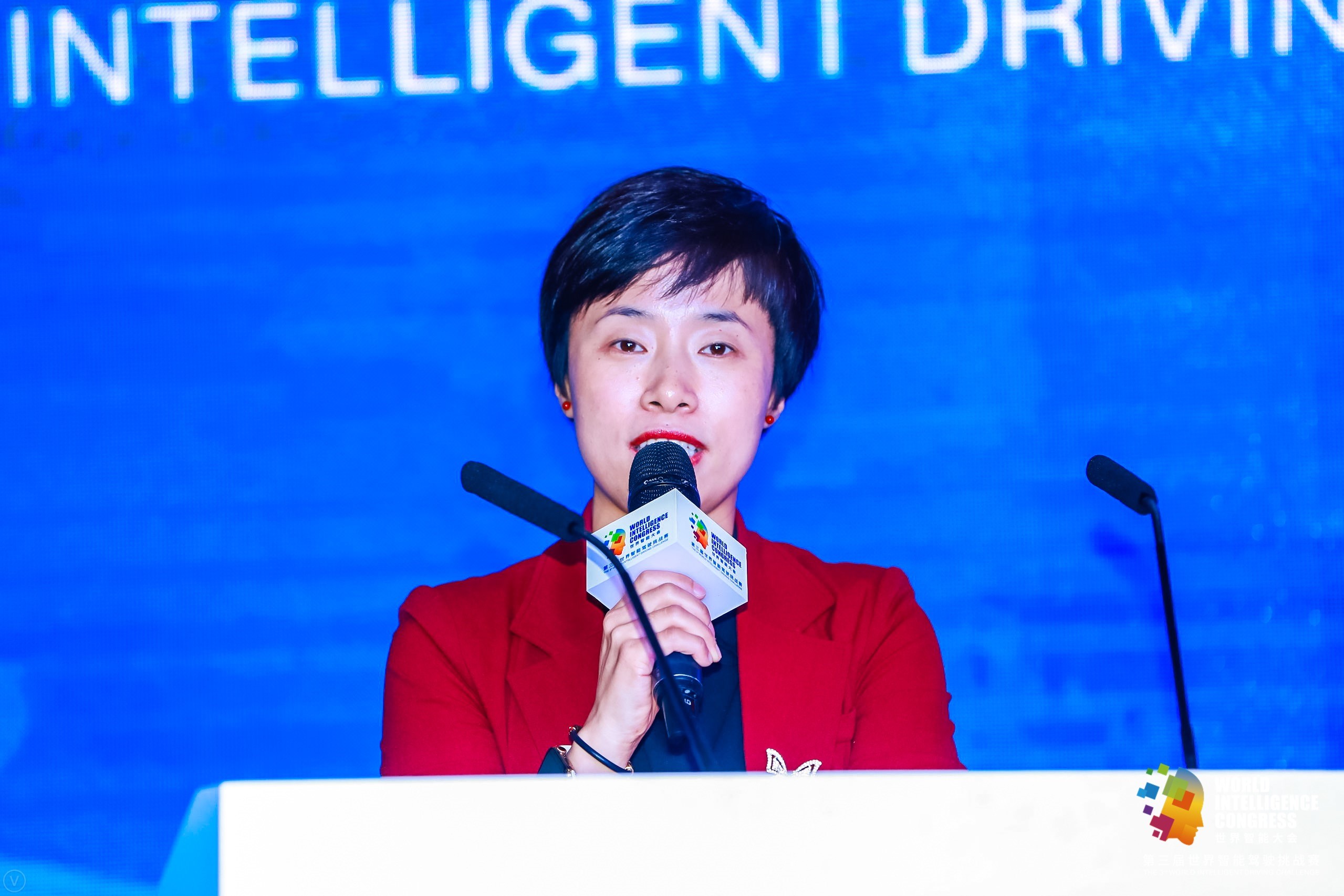 Hong Yang
Hong Yang
ISO/IEC JTC 1 SG2
Hong Yang is the director of Network Technology Research Department (IoT research center) of China Electronics and Standardization Institute (CESI). She is the Deputy Secretary General of China SAC/TC 28/SC 25(Information Technology Equipment Interconnection Subcommittee of Information Technology Technical Committee),and also she is Committee Member of TC Quantum Computing and Measurement (Prepared), SC Intelligent and Connected Vehicle. She is the CONVENER of JTC 1/AG on Quantum Computing, she has 10 years of STANDERDIZATION working experience on IoT, Equipment Interconnection and Data Communications. She has led 30+ DOMESTIC STANDARDS in areas of remote communication and information exchanges among systems, IT equipment interconnection, generic cabling, etc. She has got the experience of undertaking a number of ministerial PROJECTS on IoT, AI, Connected Vehicles, Industrial Networks, etc. As well, she has been working as co-editor of INTERNATIONAL STANDARDS ISO/IEC 14543-5 (multi-parts). She and her team took part in the TTR on Quantum Computing inside JTC 1/JETI. |
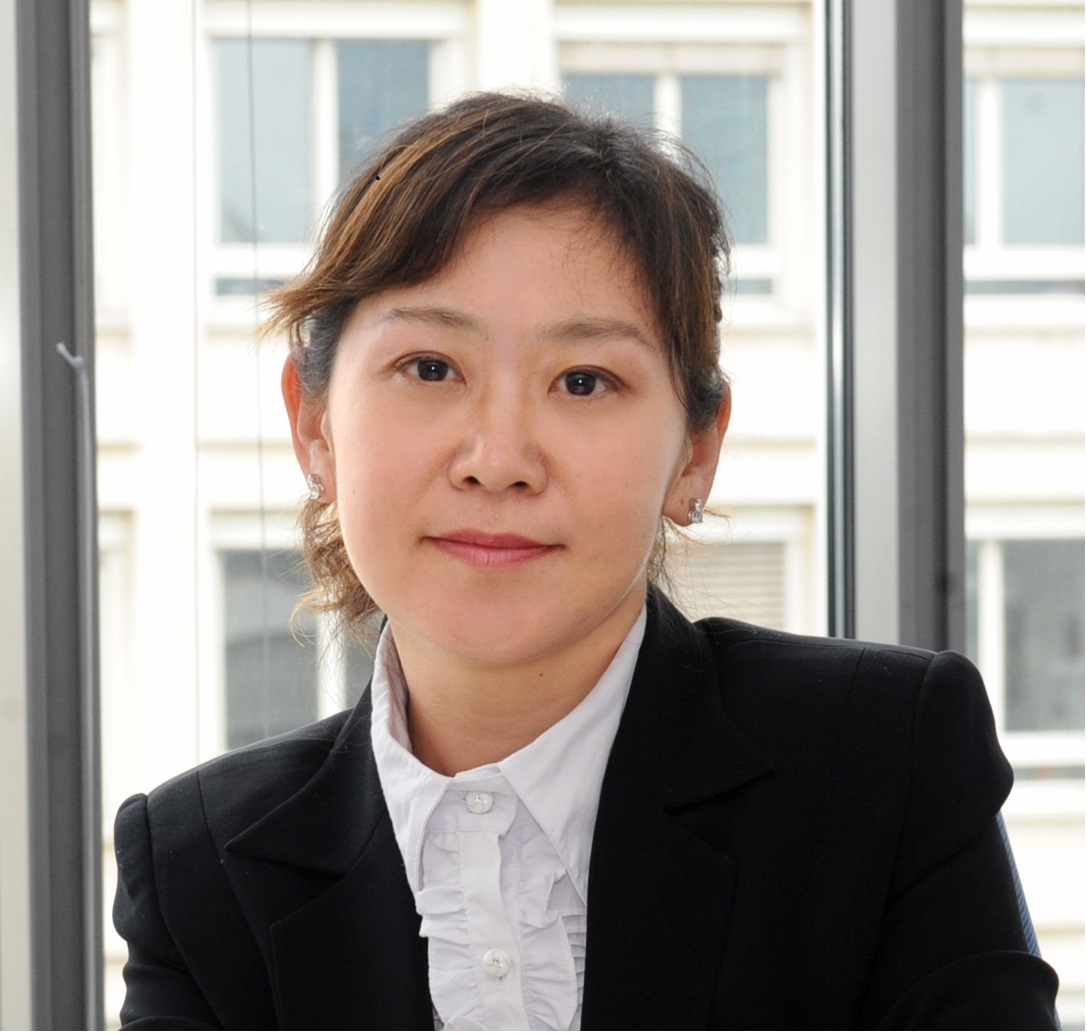 Xiaoya Yang Xiaoya Yang
Counselor, ITU-T Study Group 17, ITU
Xiaoya Yang serves as the Counselor of ITU-T Study Group 17 ‘security’ since 2017. With 20+ years of professional experience in telecommunication regulation, legislation and international standardization and coordination, she was the Head of the WTSA Programmes Division in the Telecommunication Standardization Bureau of the International Telecommunication Union (ITU-TSB) from 2010 to 2016, Co-counsellor of ITU-T Study Group 2 on 'Operational aspects of service provision and telecommunications management' and Study Group 3 on 'Tariff and accounting principles including related telecommunication economic and policy issues' from 2009 to 2010; Counselor of ITU-T Study Group 17 on 'Telecommunication security' from 2007 to 2008; and Workshop Project Coordinator from 2004 to 2006. Before joining ITU, she worked in the Ministry of Information Industry of China from 1998 to 2004. There she was the Division Director responsible for regulation of Internet and information security. From 1997 to 1998 she worked in China Telecom as a network engineer and service manager in their Internet service department. She has a M.S. in Computer Science from Tsinghua University, China and a MBA from Polytechnic University, Hong Kong. |
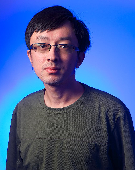 Penghui Yao Penghui Yao
Associate Professor, Nanjing University
Penghui Yao is an associate professor in Nanjing University. He obtained his doctoral degree from National University of Singapore. Prior to joining Nanjing University, he was conducting postdoctoral research at CWI, Netherlands, IQC, University of Waterloo and then QuICS University of Maryland. His research is mainly about quantum information theory and quantum computational complexity |
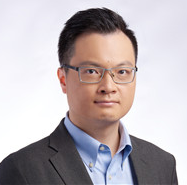 Man-Hong Yung Man-Hong Yung
Chief Scientist, Quantum Computing Software and Algorithm, Huawei
Dr. Man-Hong Yung is an associate professor of physics at the Southern University of Science and Technology (SUSTech) located in Shenzhen, China. Currently, he is on subbatical leave for joining Huawei Technologies as the Chief Scientist for quantum algorithms and software. Dr. Yung obtained a bachelor and a master degree in physics at the Chinese University of Hong Kong. Then, he moved to the University of Illinois Urbana-Champaign where he obtained a PhD degree under the supervision of Prof. Anthony Leggett. Then, he joined Harvard Univeristy as a postdoctoral researcher in the research group of Prof. Alan Aspuru-Guzik. After that, he returned to China and worked as an assistant professor at the Institute for Interdisciplinary Information Sciences directed by Prof. Andrew Yao at Tsinghua University, before joining SUSTech in Shenzhen. His recent research interests include quantum simulation, quantum control, quantum machine learning, and applications for near-term quantum devices. He is one of the inventors of the method of variational quantum eigensolver (VQE) for simulating quantum chemistry with quantum devices, which has been widely adopted as the main tool for quantum chemsitry simulation in the field. |
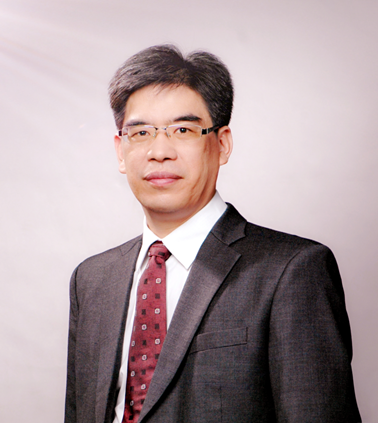 Guihua Zeng Guihua Zeng
Professor, Shanghai Jiaotong University
Prof. Dr. Guihua Zeng has been a professor of Shanghai Jiaotong University since 2000. From 2001 to 2002, he was an advanced visiting professor supported by the Alexander von Humboldt Fellowship at the Albert Ludwig University of Freiburg, Germany. He was also held an advanced visiting position with the Chonbuk National University, Korea, in 2006. Current, he is the Group leader of the Center of Quantum Sensing and information processing (QSIP). His research interests include the quantum communication, quantum sensor and quantum imaging. Especially, in the continuous-variable quantum key distribution, he has made great progress. He has published 2 books, more than 200 journal and conference papers, and more than 60 patents.
|
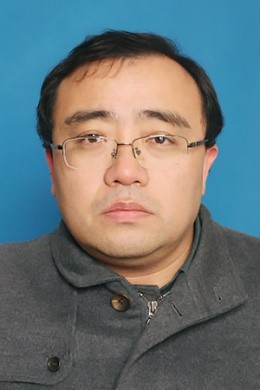 Qiang Zhang Qiang Zhang
Professor of Physics, University of Science and Technology of China (USTC )
Qiang Zhang, Professor of Physics in University of Science and Technology of China. Qiang got his bachelor and Ph. D. degree in University of Science and Technology of China in 2001 and 2006, respectively. He spent one year in University of Heidelberg as a visiting student from 2005 to 2006. Then he has implemented Postdoctoral research in Stanford University from 2006 to 2011. In 2011, he came back to University of Science and Technology of China as a professor. He is also the secretary general of National Technical Committee 578 on Quantum Computing and Metrology of Standardization Administration of China. Dr. Zhang has primarily worked on experimental quantum physics and quantum information. He has published 75 articles in peer-reviewed journals, including 3 in Nature, 8 in Nature sub-journals, and 22 in PRL(X). He was awarded “National 100 Excellent PhD Thesis Prize” in 2006 and rated “Excellent” in the CAS Hundred-Talent Program in 2011. He is a chief scientist of National Key R&D Program of China. He advanced the test of quantum nonlocality by closing major loopholes in the test of Bell inequality, where he creatively employed human randomness and cosmic randomness for base selection for the first time. This work led to the first experimental realization of device-independent quantum random number generation, which generates random numbers unpredictably and hence is secure to all adversaries. He led the effort in the experimental demonstration of measurement device independent quantum key distribution (MDIQKD) and set a world record for all types of experimental quantum cryptography realizations by extending the effective transmission distance to 400 km. It should be remarked that MDIQKD closes the detection security loophole in quantum cryptography. He led the effort to develop the source to generate high flux entangled photon pairs, with which he demonstrated quantum teleportation of a two-particle composite and an arbitrary quantum state over a metropolitan fiber network. He also led the effort in the development of up-conversion single photon detector, which has found immediate applications in Beijing-Shanghai QKD backbone network, single photon lidar and so on. Especially the up conversion detector enables all-day free space quantum communication over long distance and hence is crucial for future satellite constellation-based quantum communication. |
 Wenyu Zhao Wenyu Zhao
Director, China Academy of Information Communications Technology (CAICT), MIIT
Wenyu Zhao, Director of Broadband Network Research Department, Institute of Technology and Standards, China Academy of Information and Communications Technology, received a Ph.D. in Electromagnetic Field and Microwave Technology from Beijing University of Posts and Telecommunications in 2002. At present, he is mainly engaged in ultra-high-speed optical transmission and 5G transport, optical module devices, quantum information and other fields of technology and industry research, standards development, systems evaluation and verification, etc. |
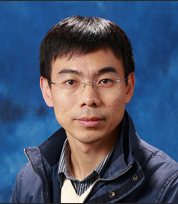 Shengyu Zhang Shengyu Zhang
Distinguished Scientist and Director, Tencent Quantum Laboratory
Shengyu Zhang, is a distinguished Scientist and Director at Tencent Quantum Lab. He is also an Associate professor at the Department of Computer Science and Engineering (CSE) at The Chinese University of Hong Kong (CUHK). Shengyu Zhang obtained his B.S. in mathematics, Fudan University in 1999, his M.S. in computer science, Tsinghua University in 2002 (under the supervision of Prof. Mingsheng Ying), and his Ph.D. in computer science, Princeton University in 2006 (under the supervision of Prof. Andrew Chi-Chih Yao). After working in NEC Laboratories America as a summer intern, he moved to California Institute of Technology for a two-year postdoc, under the supervision of Prof. Alexei Kitaev, Prof. John Preskill, and Prof. Leonard Schulman. His area of research interest include:
-Quantum computing: quantum algorithms, quantum complexity, quantum game theory, Hamiltonian complexity.
-Theoretical computer science: algorithms, computational complexity, communication complexity.
-Foundation of artificial intelligence: machine learning, personalized recommendation systems, resource allocation, optimization under uncertainty. |
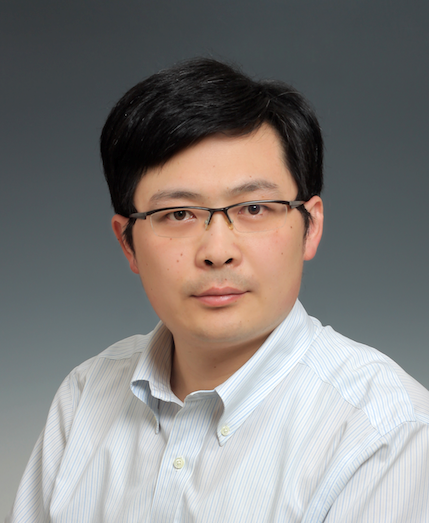 Yong Zhao Yong Zhao
CEO of QuantumCTek Co., Ltd., & Chair of Quantum Information Association of China (QIAC)
Dr. Yong Zhao is the CEO of QuantumCTek Co., Ltd., the Chair of Quantum Information Association of China (QIAC).
He obtained his bachelor’s degree from University of Science and Technology of China, and his Ph.D. degree from the University of Heidelberg in Germany. His research interest is Quantum Information Processing with semiconductor system, with the working experience in Cavendish Lab in the University of Cambridge. Dr. Zhao joined QuantumCTek in 2009 and has operated the corporation to become the leader of China’s quantum information industry. QuantumCTek has provided commercial QKD system to most of the quantum-safe projects in China, including 2000km Beijing-to-Shanghai Backbone network and tens of metropolitan QKD networks with fruitful applications in many fields. He is committed to organizing more than 30 Chinese ICT corporations to jointly build a quantum security service platform, aiming to expand the quantum safe technology to be more widely accepted and applied. |